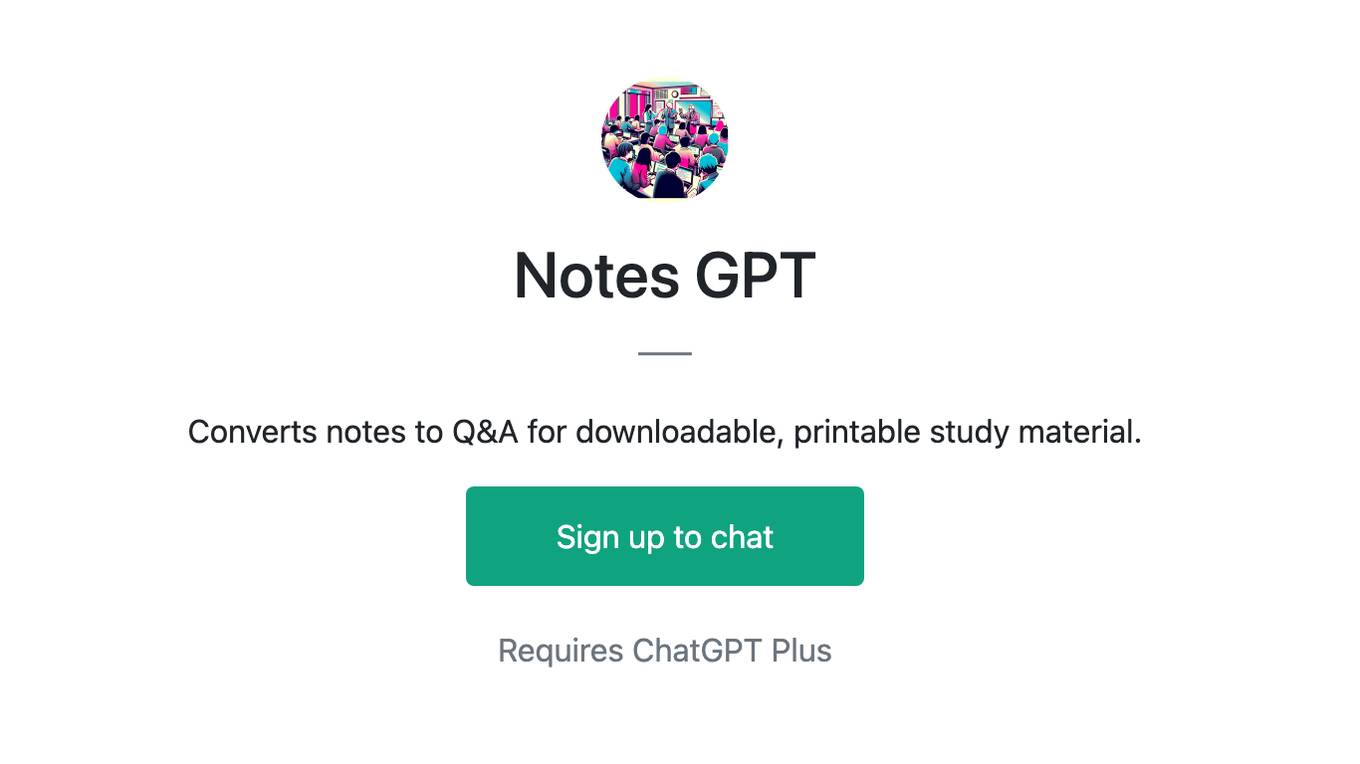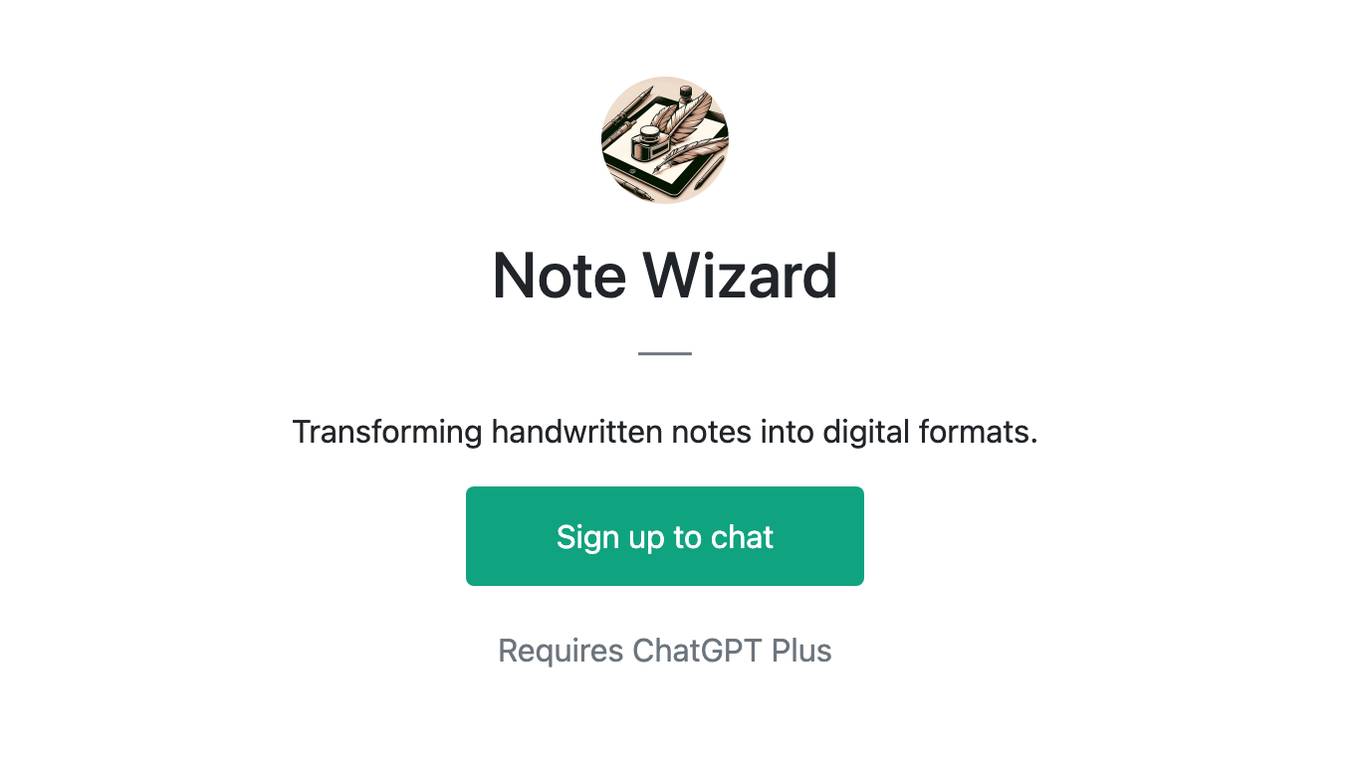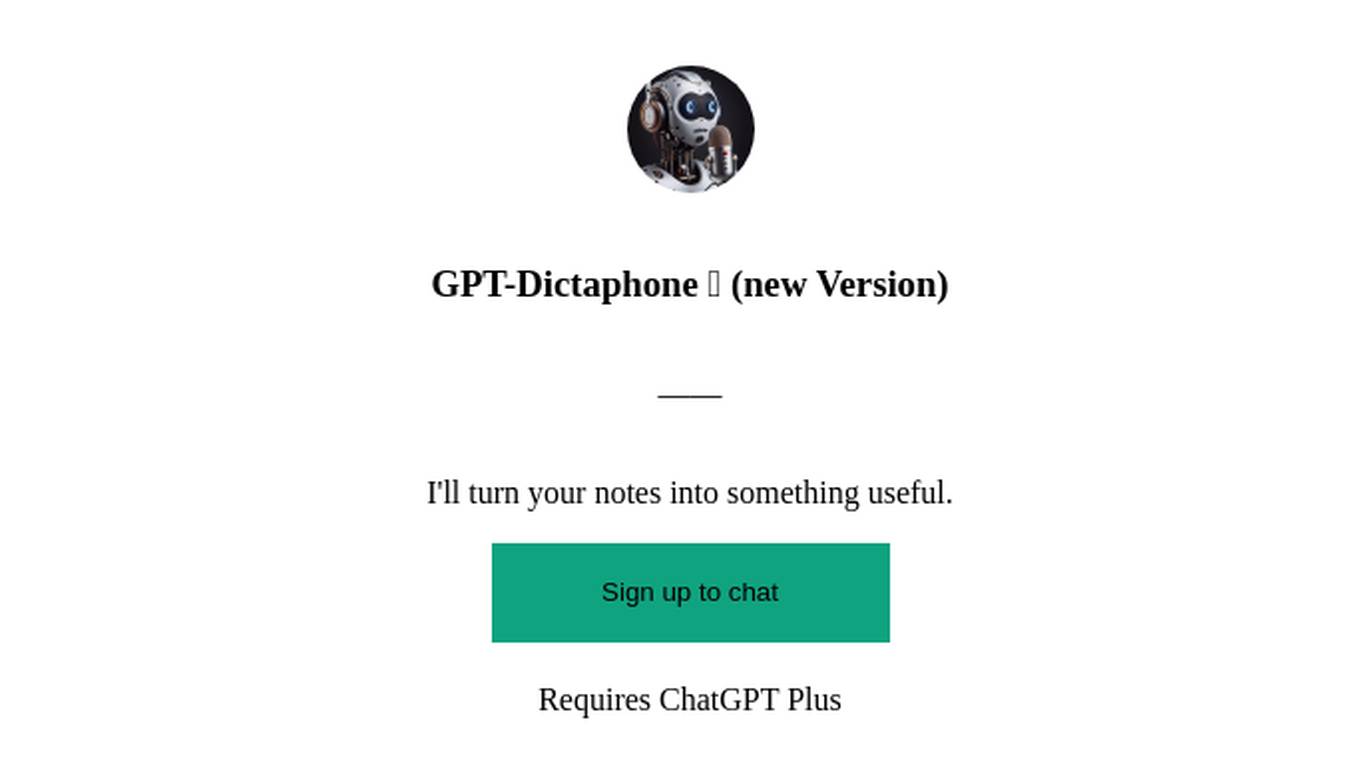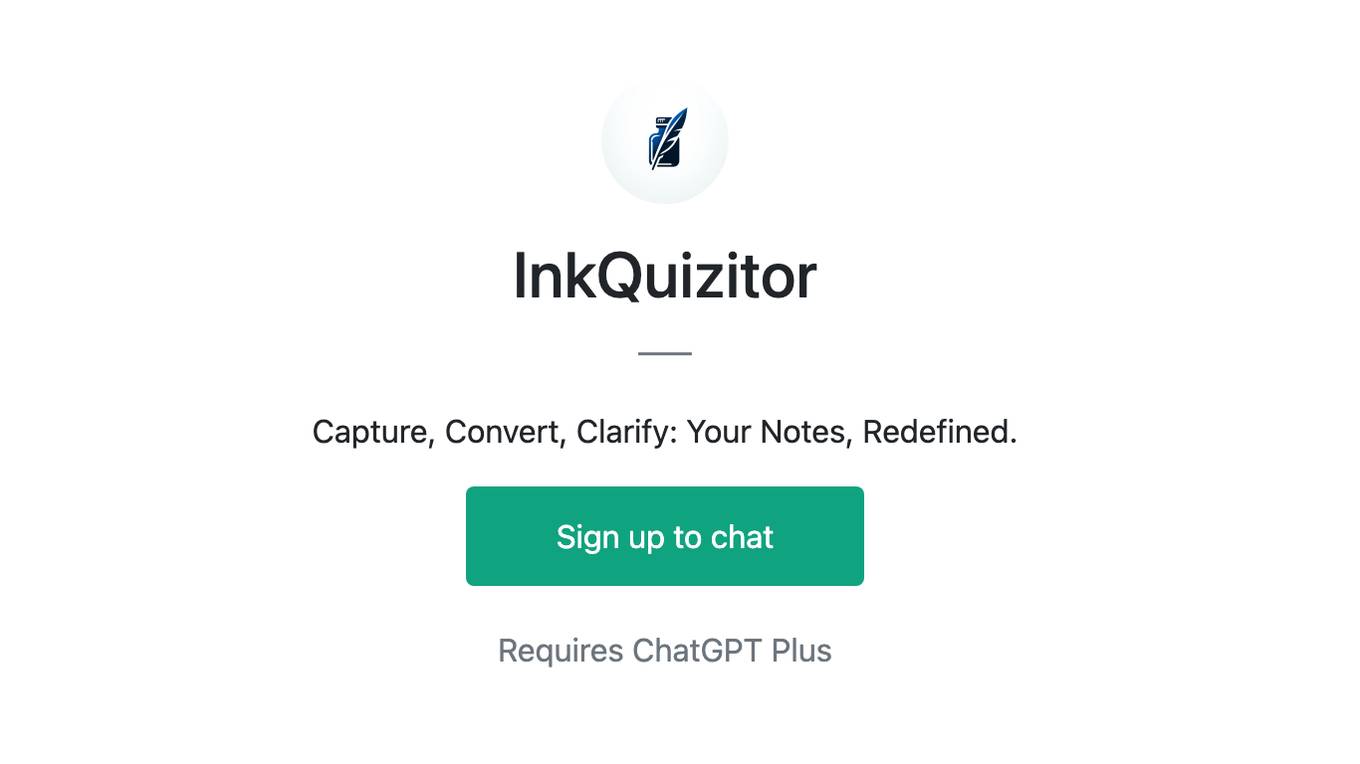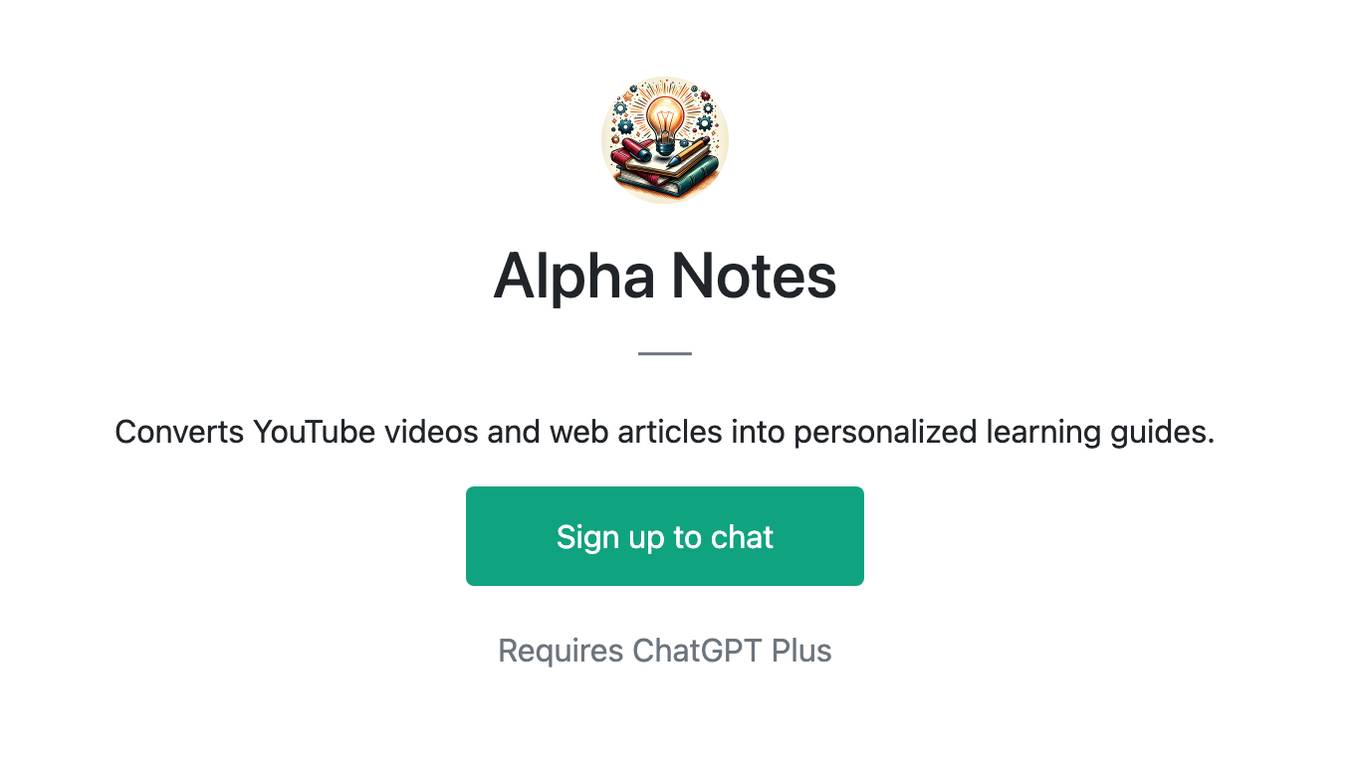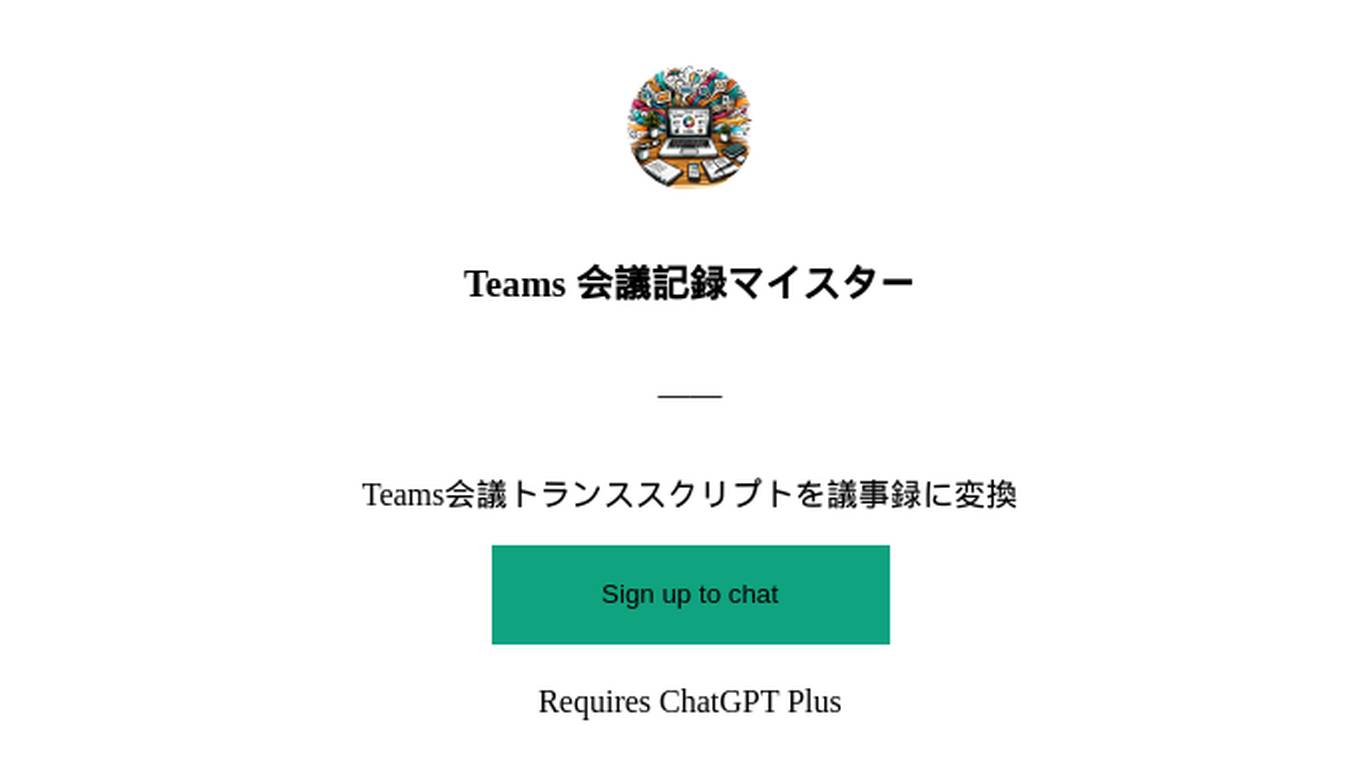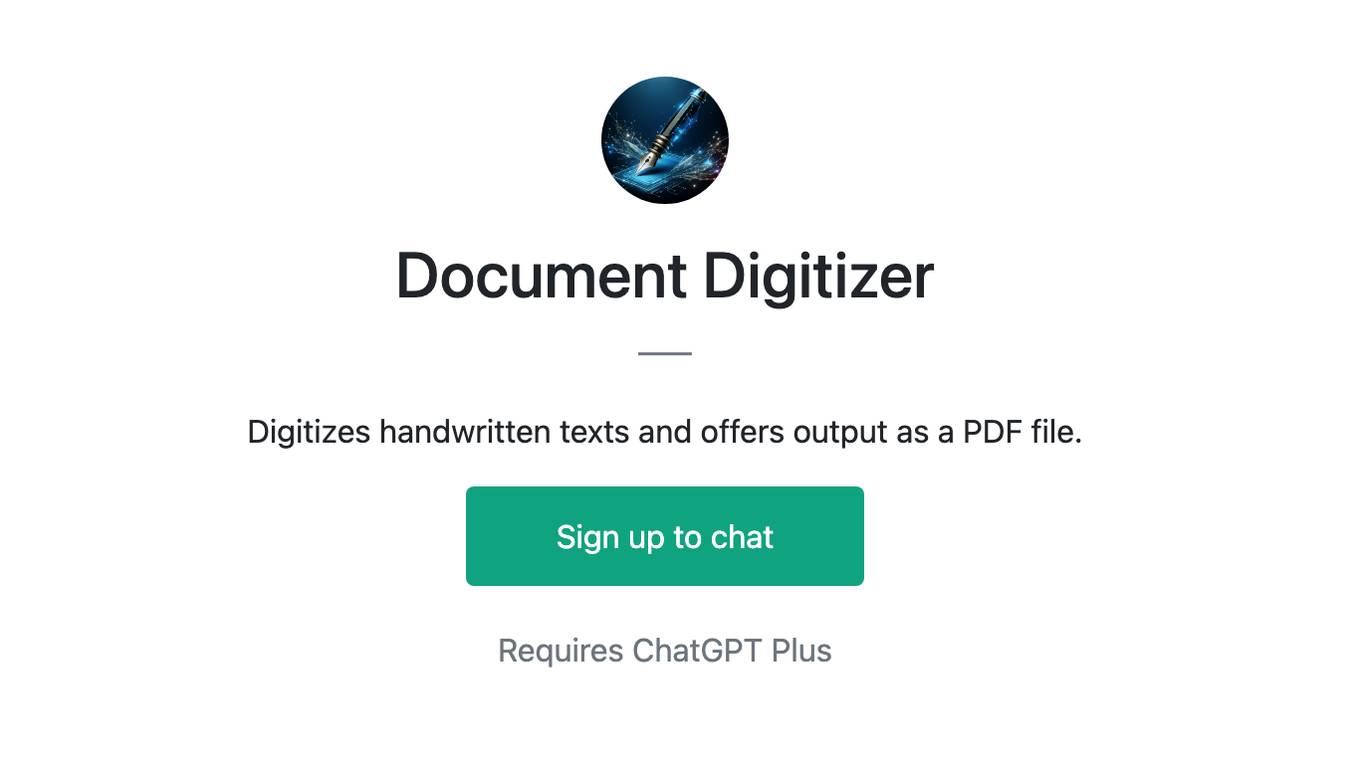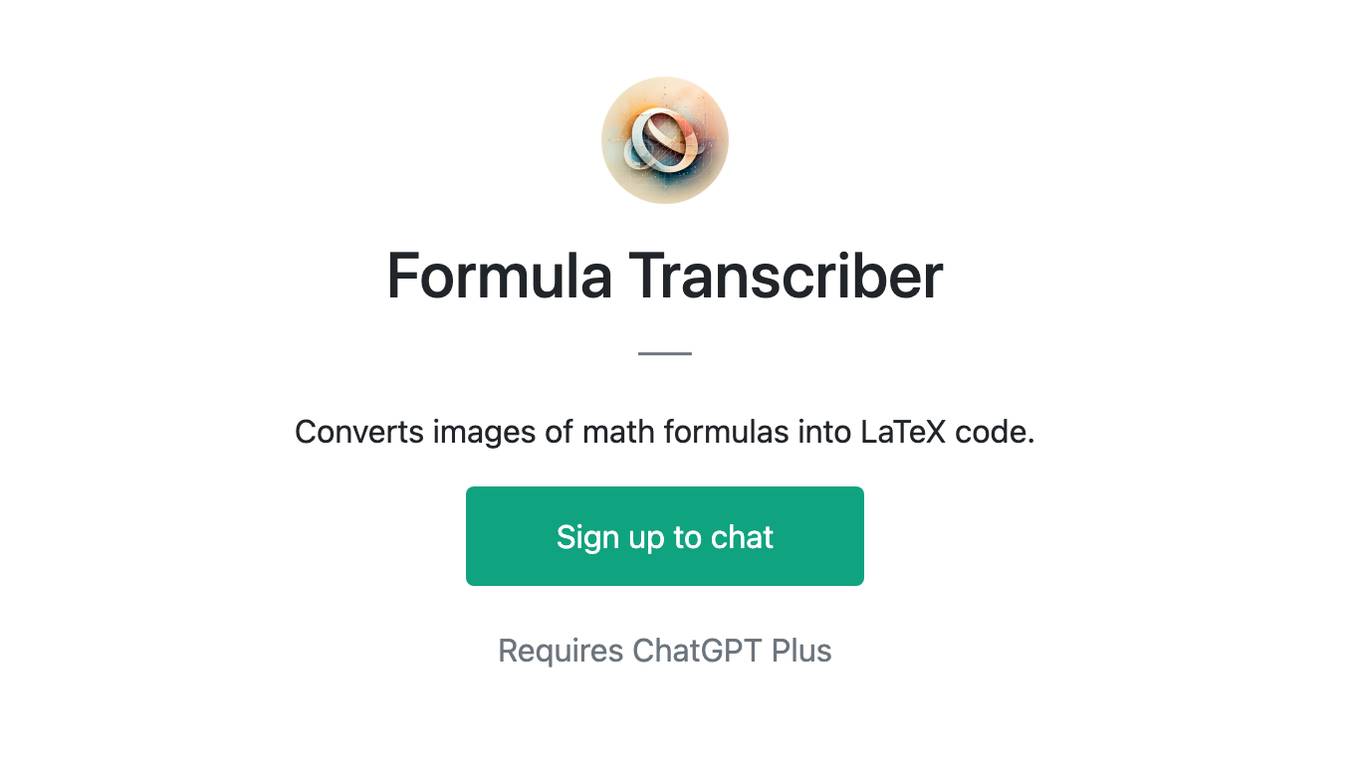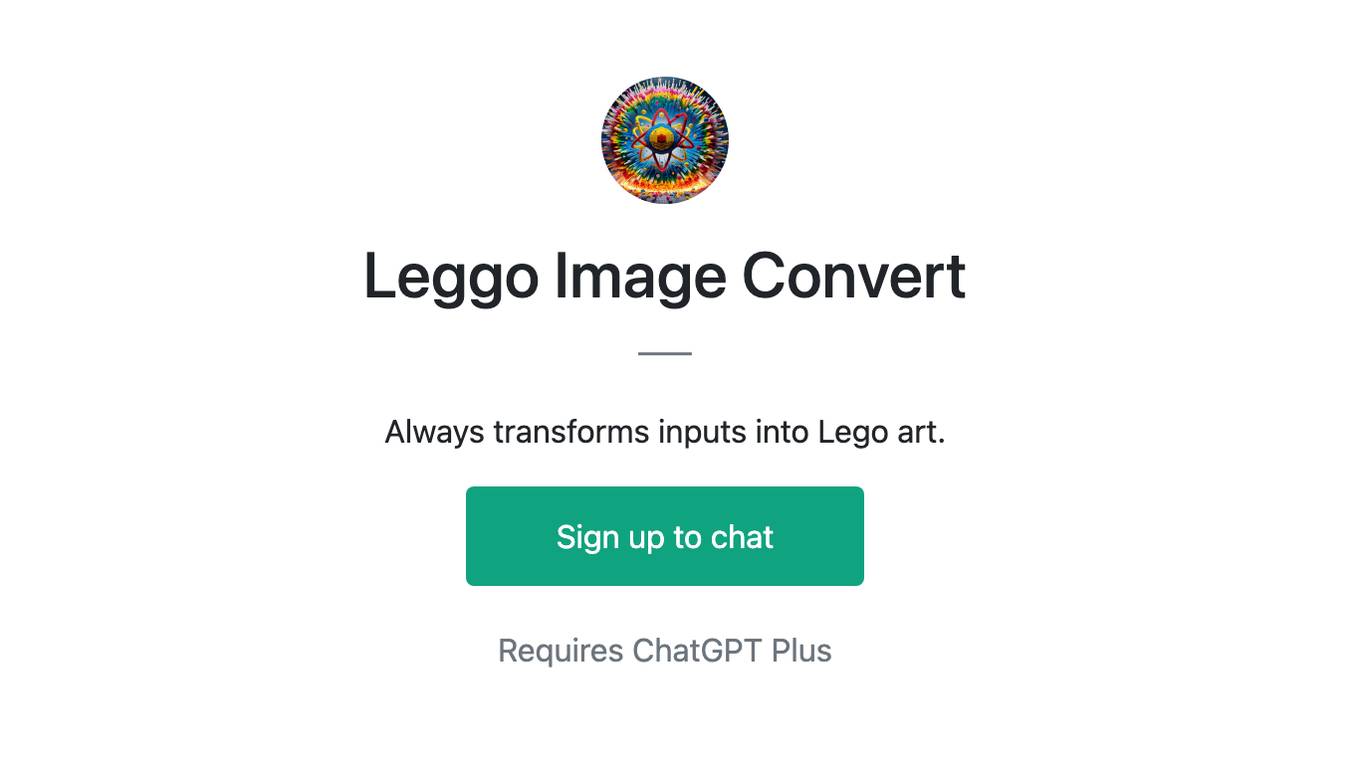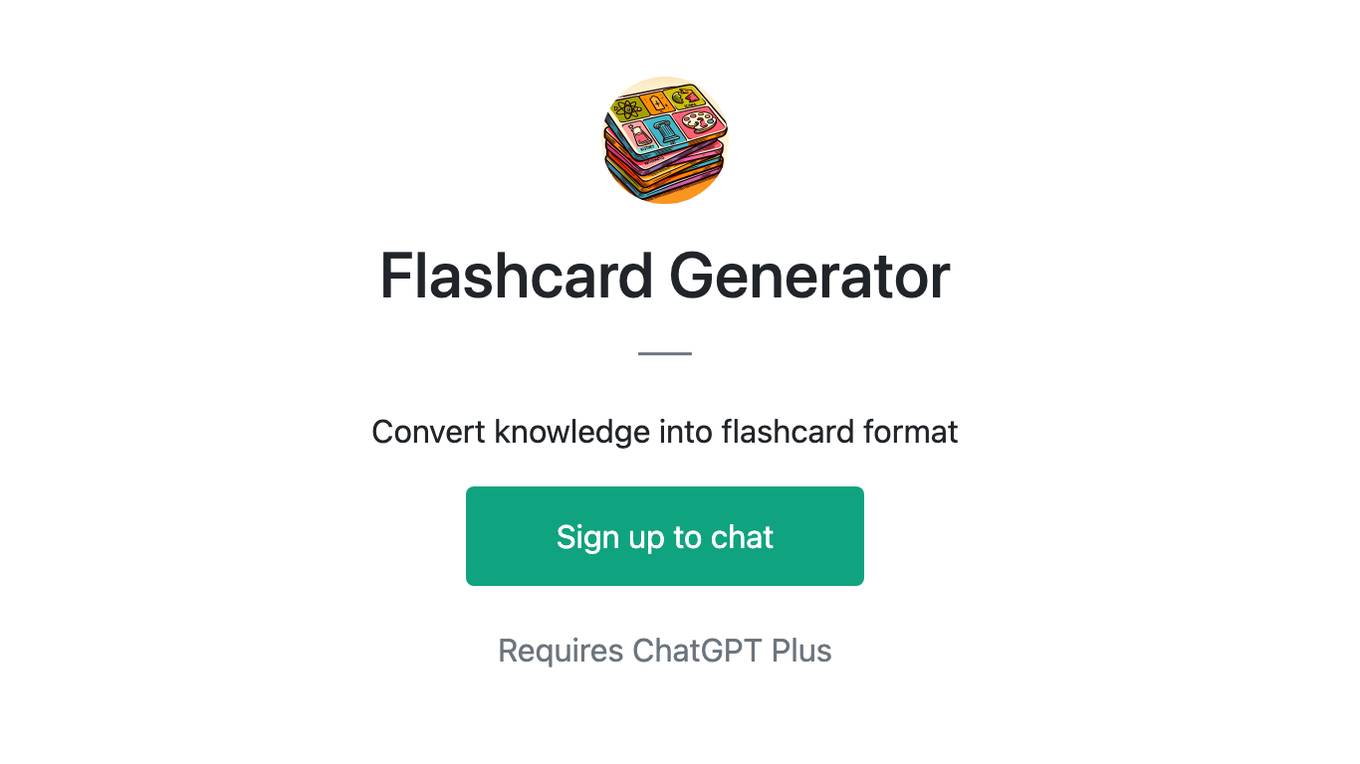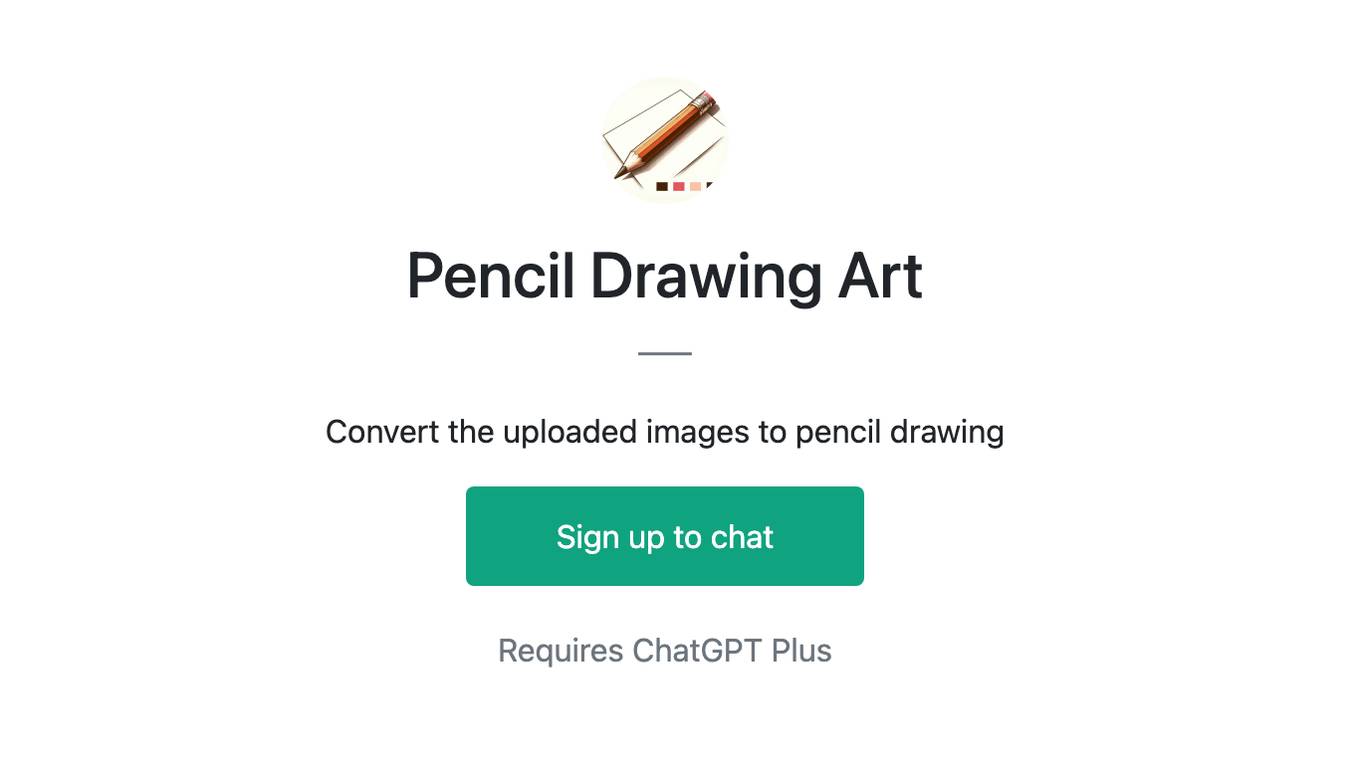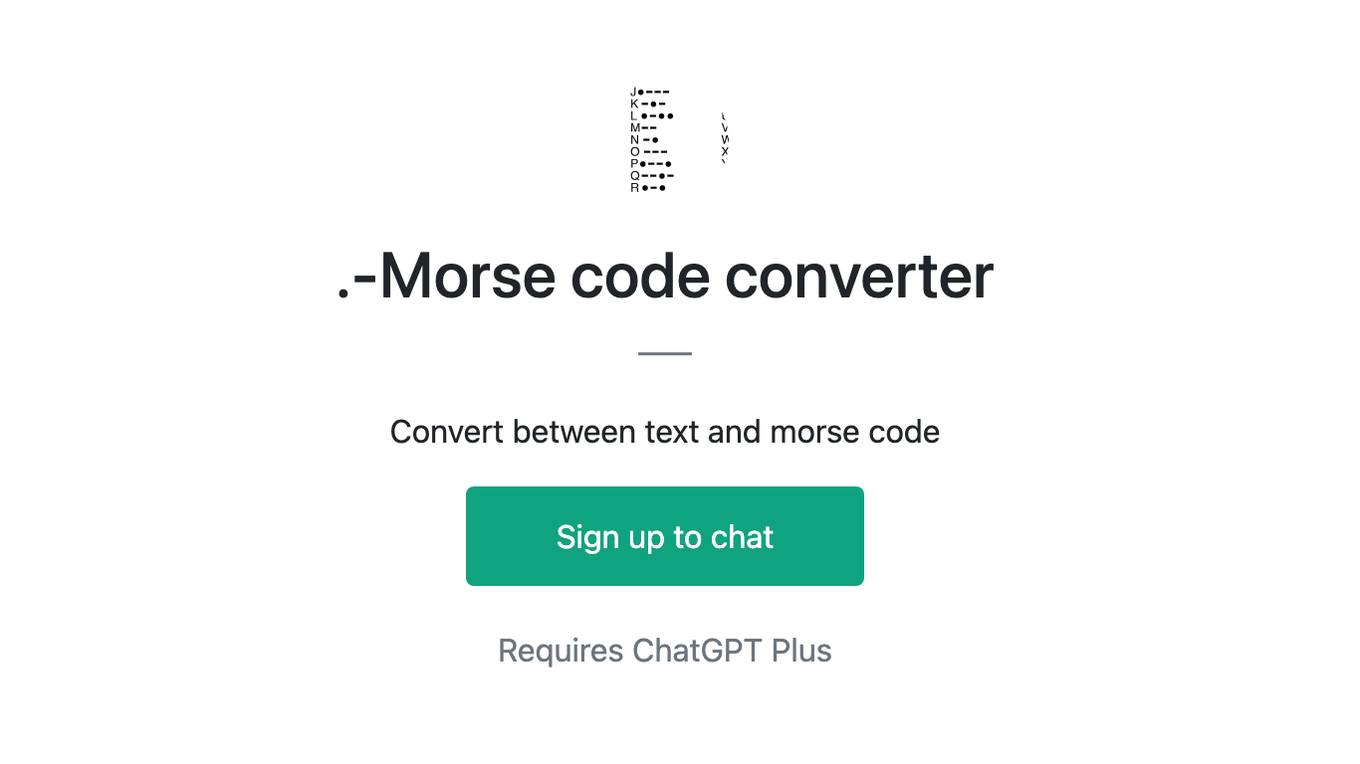Best AI tools for< Convert Notes >
20 - AI tool Sites
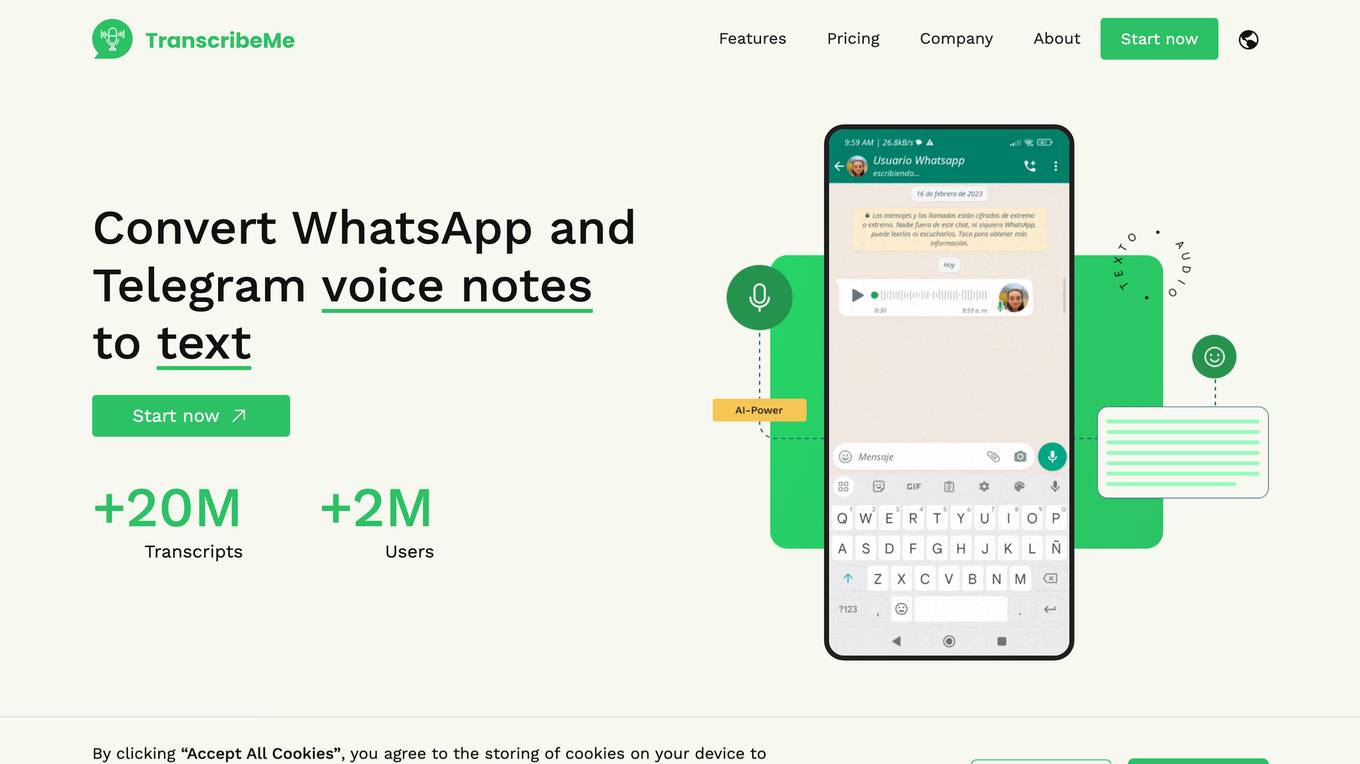
TranscribeMe
TranscribeMe is an application that allows users to convert voice notes from WhatsApp and Telegram into text. It is a free-to-use bot that does not require any downloads or additional information. TranscribeMe also offers a paid subscription service called TranscribeGo, which allows users to transcribe an unlimited number of audios and perform precise audio analysis. TranscribeMe is a valuable tool for anyone who wants to save time and effort by converting voice notes into text.
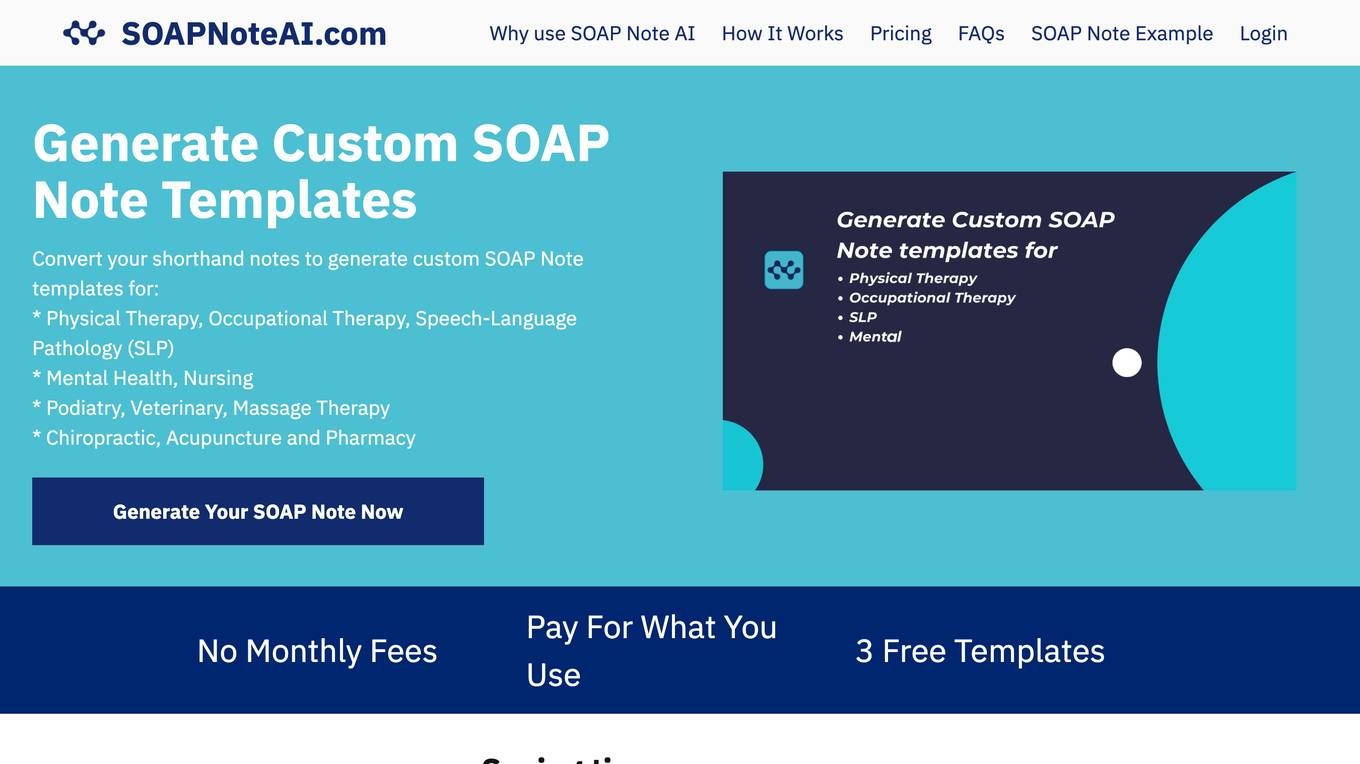
SOAPNoteAI
SOAPNoteAI is an AI-powered SOAP note generator designed to help healthcare professionals, including therapists, nurse practitioners, and mental health professionals, efficiently create detailed, compliant SOAP notes. The tool converts shorthand, dictation, telehealth sessions, and recordings into polished, HIPAA-compliant SOAP notes in under 2 minutes. With specialized templates for various healthcare specialties, users can generate, edit, and download notes effortlessly. SOAPNoteAI is trusted by over 1,000 healthcare providers for its time-saving capabilities and ease of use.

Flash Notes
Flash Notes is a highly personalized and efficient learning experience tailored to advanced learners. It offers AI-powered flashcards, tailored learning algorithms, seamless multi-device synchronization, and a privacy-centric design. With Flash Notes, you can convert your notes into dynamic flashcards, get compelling prompts generated by ChatGPT, and learn at your own pace based on the spaced repetition method. Your notes are securely stored in iCloud and synced across all your devices using CRDT technology.
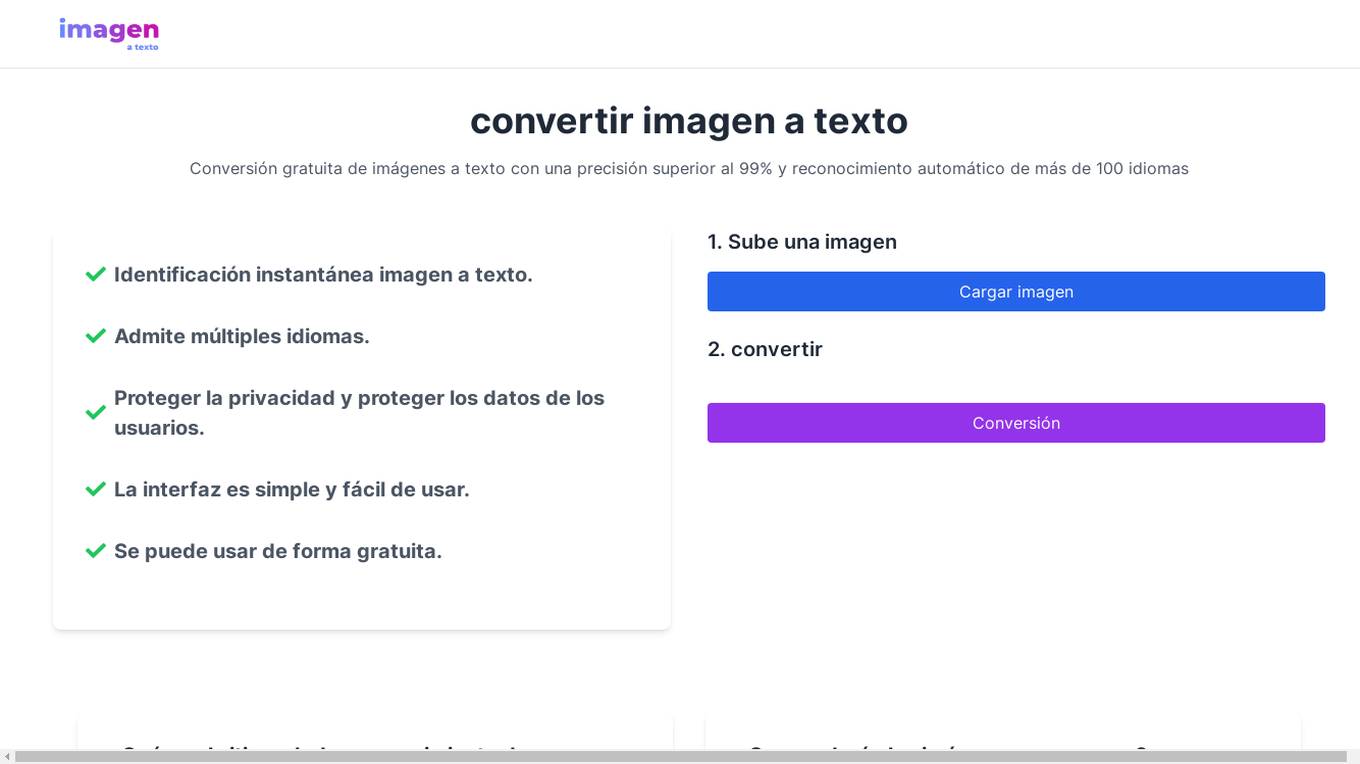
Woy AI Tools
Woy AI Tools is an online tool that offers free image to text conversion with over 99% accuracy and automatic recognition of more than 100 languages. Users can easily upload an image and receive the textual information contained within it. The tool supports multiple languages, prioritizes user privacy and data protection, has a simple and user-friendly interface, and is available for free usage. It utilizes advanced machine learning and OCR technology to continuously optimize recognition algorithms for clear and high-resolution images.
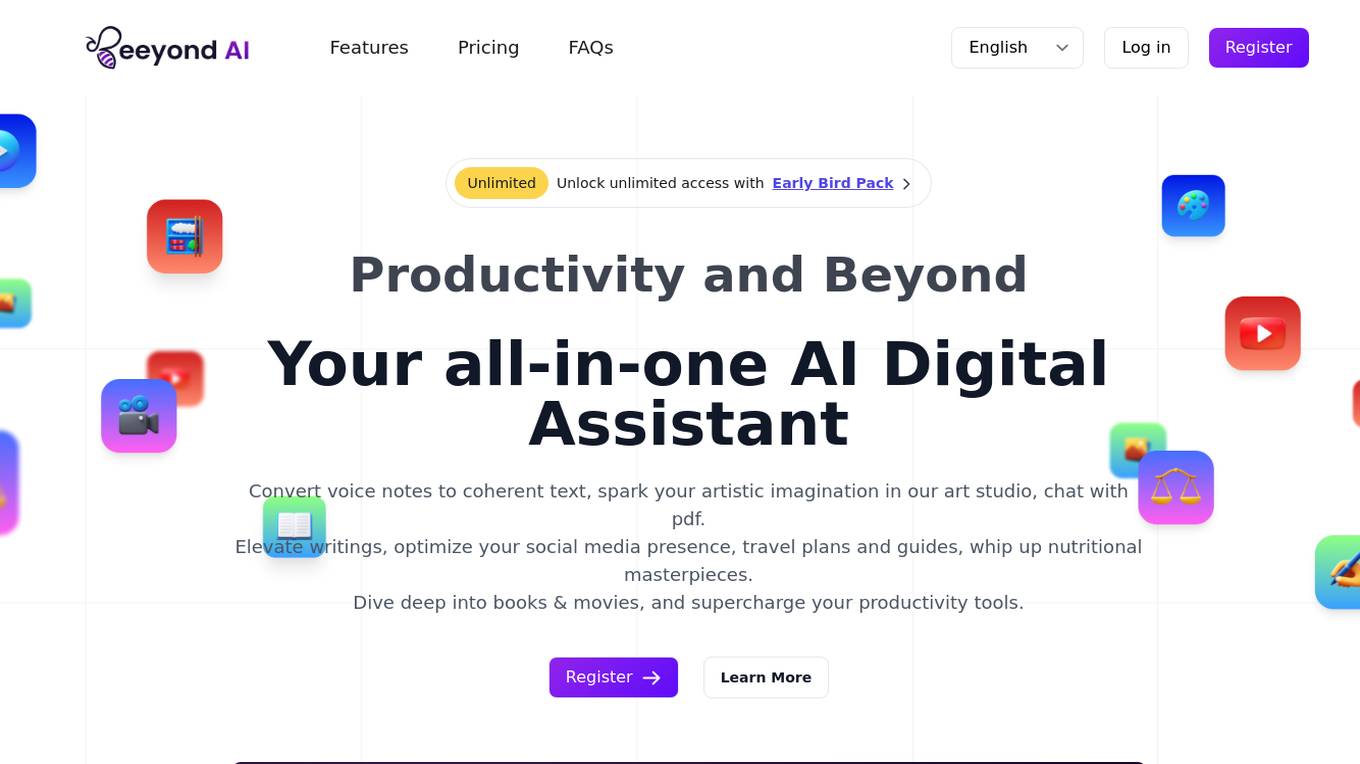
Beeyond AI
Beeyond AI is an all-in-one AI digital assistant that offers a wide range of features to enhance productivity, creativity, and daily life. With Beeyond AI, users can convert voice notes to text, generate art, chat with PDFs, create custom AI character bots, write and optimize content, plan travel itineraries, analyze books and movies, and more. The application is designed to be adaptable to a wide range of industries and applications, making it a valuable tool for students, professionals, and individuals seeking to streamline tasks and explore new ideas.
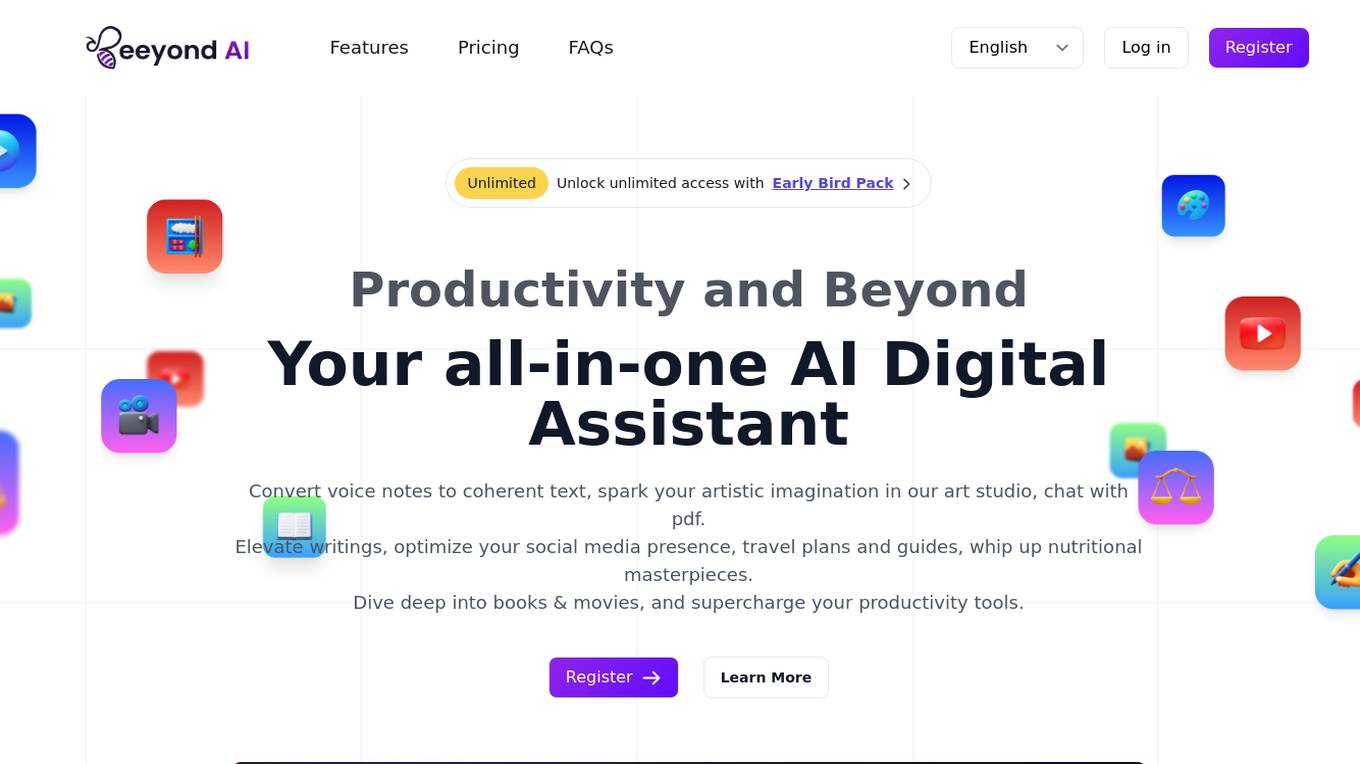
Beeyond AI
Beeyond AI is an all-in-one AI digital assistant that offers a wide range of features to help you with your daily tasks. With Beeyond AI, you can convert voice notes to text, generate art, chat with PDFs, create custom AI character bots, write better, craft engaging social media content, plan your meals, travel smarter, and more. Beeyond AI is designed to be adaptable to a wide range of industries and applications, making it a valuable tool for students, professionals, and anyone else who wants to be more productive.
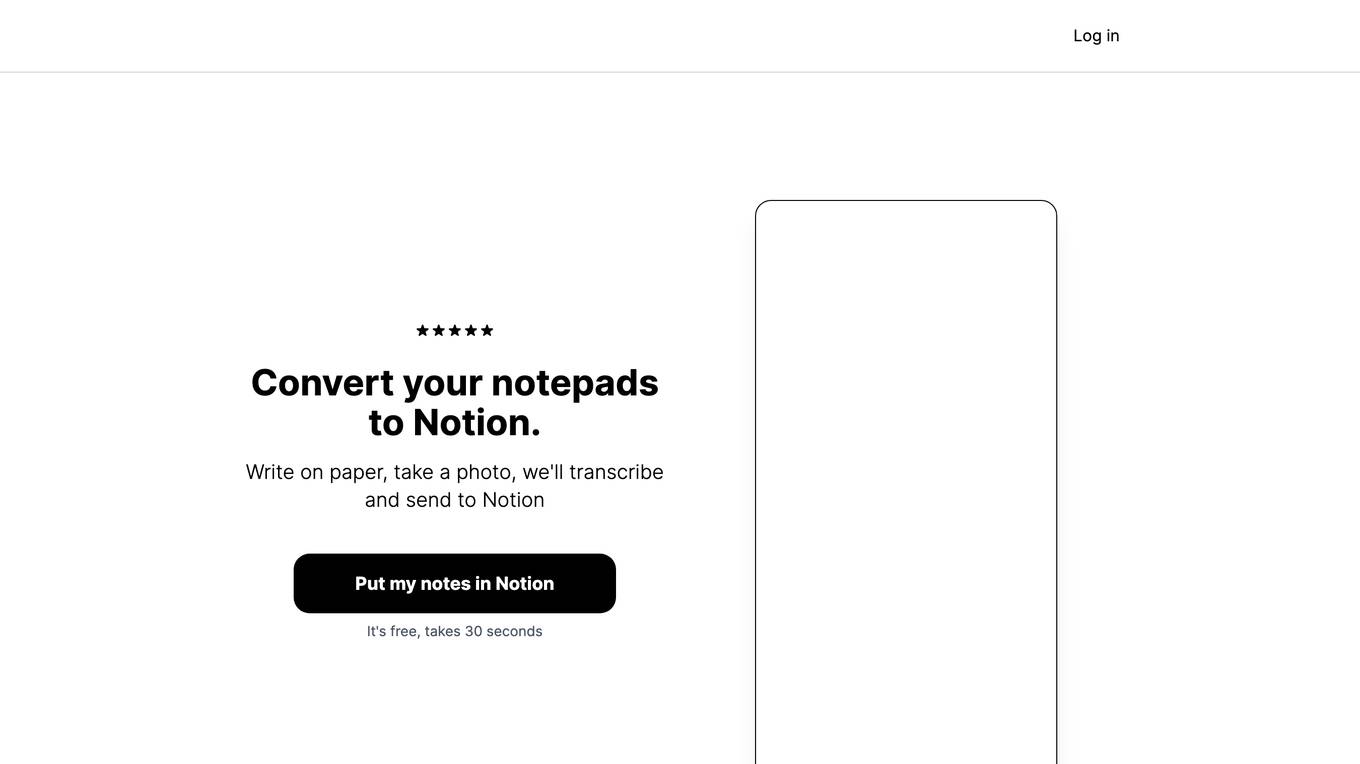
Inky Notion
Inky Notion is an AI-powered writing assistant that helps you write better, faster, and more creatively. It uses natural language processing and machine learning to understand your writing style and provide you with personalized feedback and suggestions. Inky Notion can help you with a variety of writing tasks, including brainstorming, outlining, drafting, editing, and proofreading.
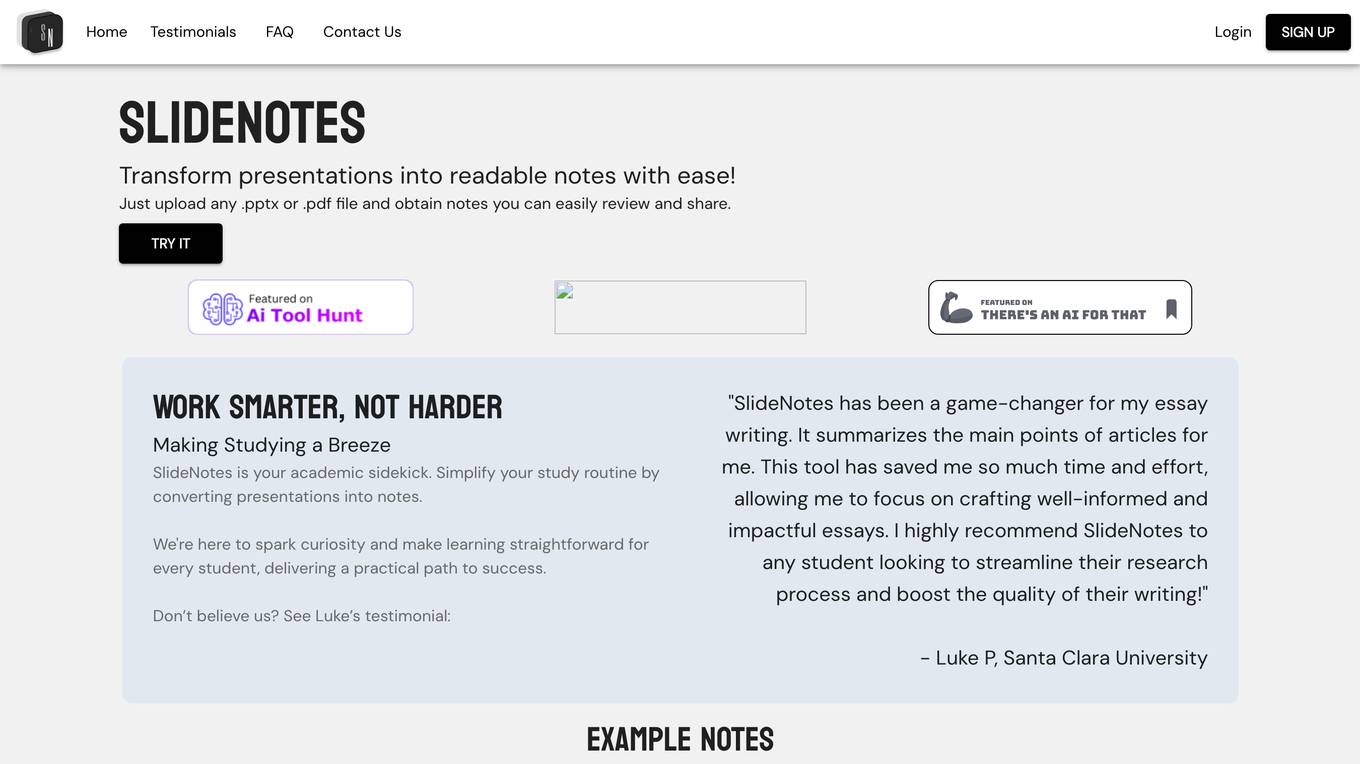
SlideNotes
SlideNotes is a web application that transforms presentations and PDF files into readable notes automatically. It simplifies the process of converting lengthy slides into concise, comprehensive notes, making studying and post-meeting tasks more efficient and effective. The tool is designed to save time, boost productivity, and streamline the research process for students and professionals alike.
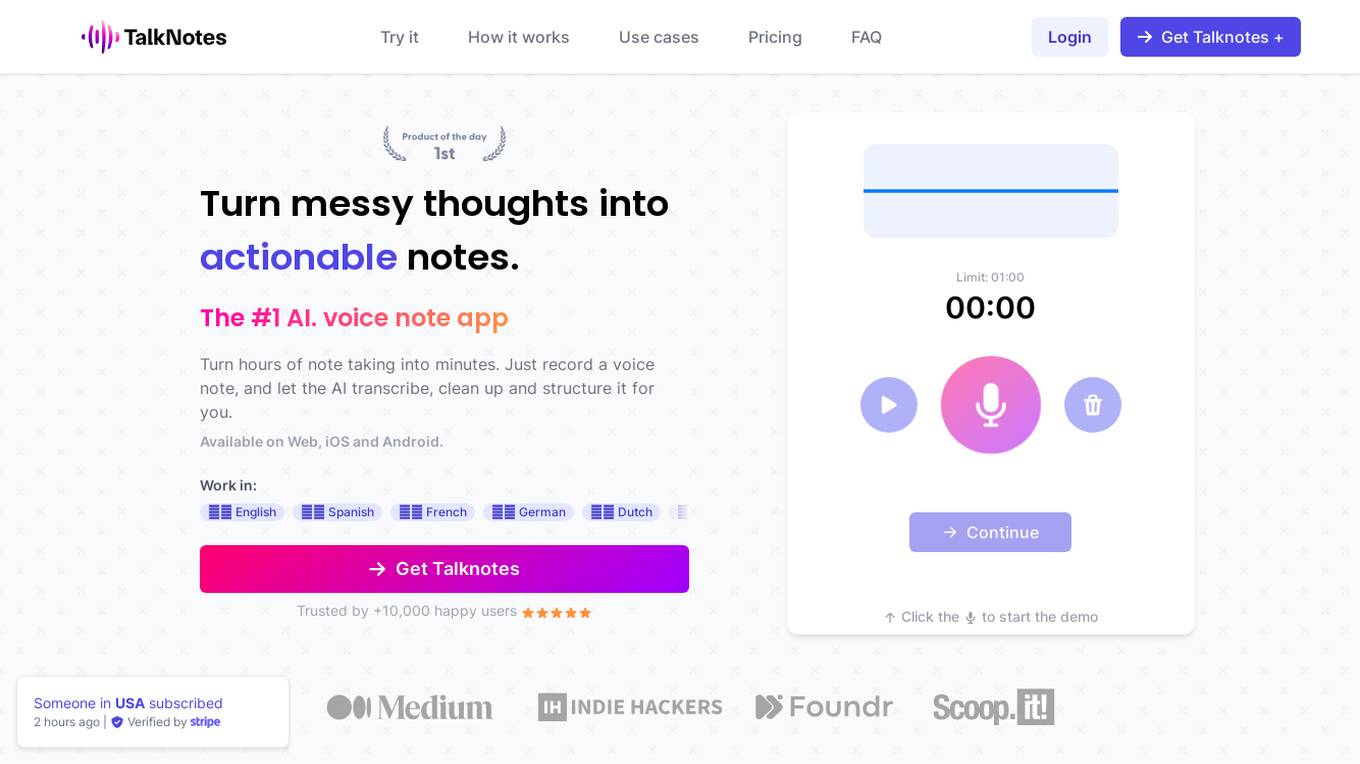
Talknotes
Talknotes is the #1 AI voice note app that allows users to easily convert their voice notes into actionable and structured content. Users can record their thoughts and ideas, and let the AI transcribe, clean up, and organize the content for them. The application supports multiple languages and offers various styles for transforming voice notes into different types of content, such as blog posts, task lists, and journal entries. With Talknotes, users can streamline their note-taking process and enhance productivity in various tasks, from brainstorming to content creation.
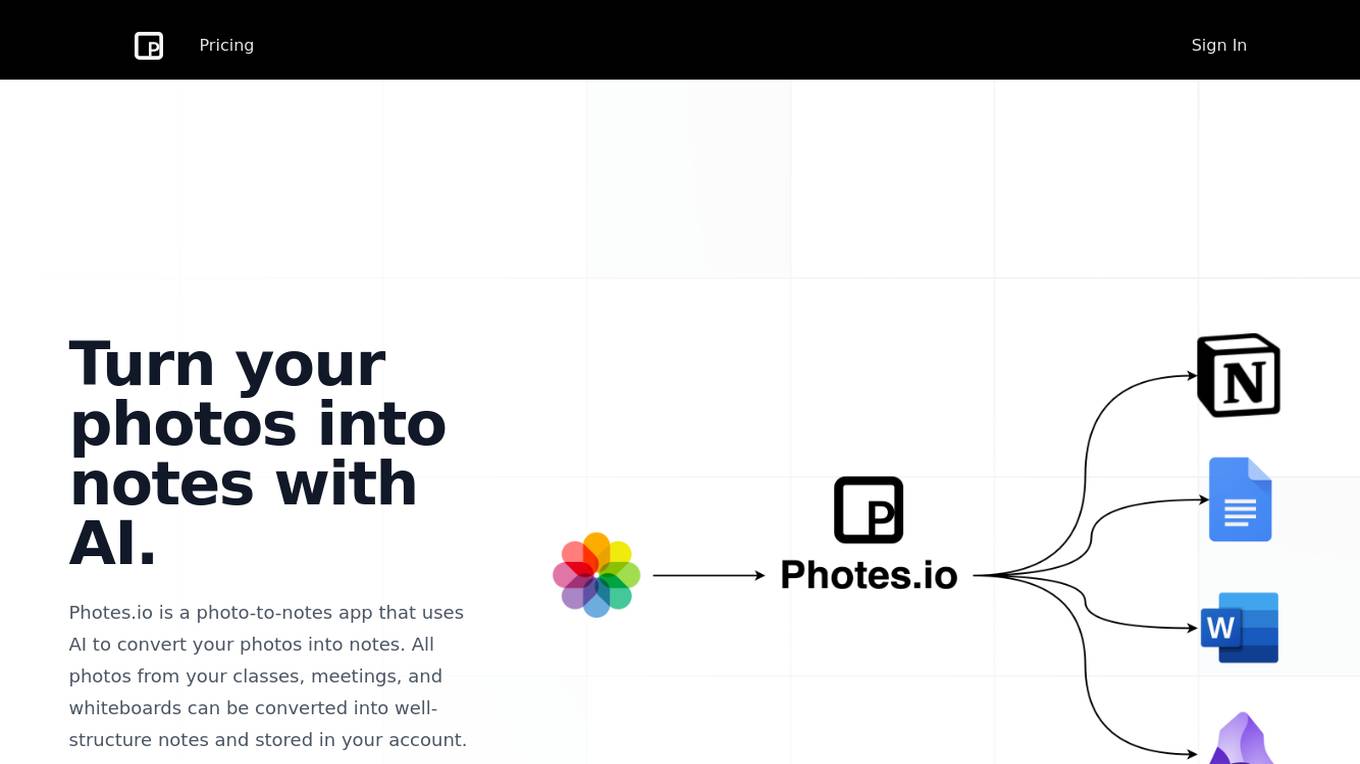
Photes.io
Photes.io is a photo-to-notes application that utilizes AI technology to convert your photos into organized notes. It allows you to capture, convert, and store notes from various sources such as slides, meetups, classes, and whiteboards. The app offers features like easy integration with popular apps, tagging and categorizing notes for better organization, real-time sync across devices, secure and private data storage, and customizable templates for formatting notes.
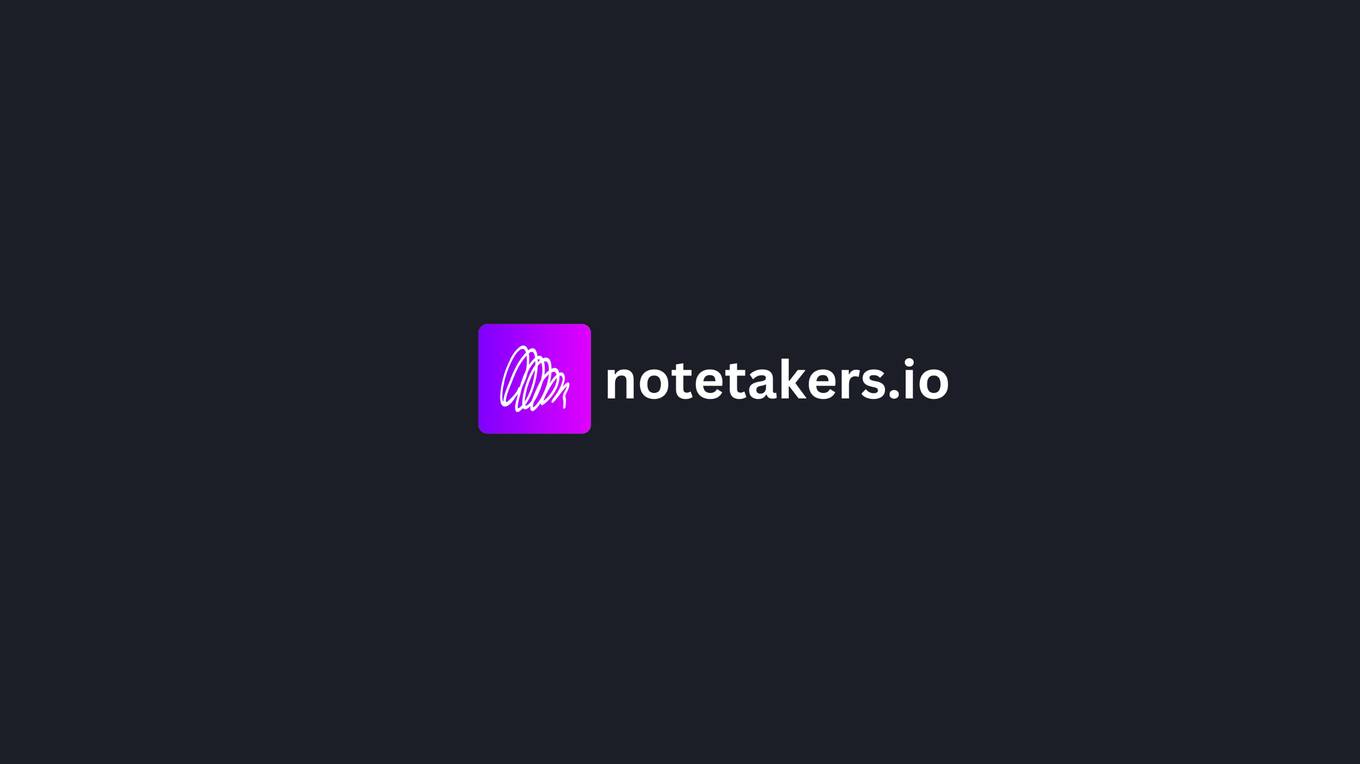
NoteTakers IO
NoteTakers IO is an AI-powered tool that helps students and professionals transform YouTube lectures into comprehensive notes. It uses speech-to-text technology to transcribe the audio of the lecture, and then uses natural language processing to identify the key points and organize them into a structured outline. NoteTakers IO also includes a number of features to help users customize their notes, such as the ability to add images, links, and highlights.
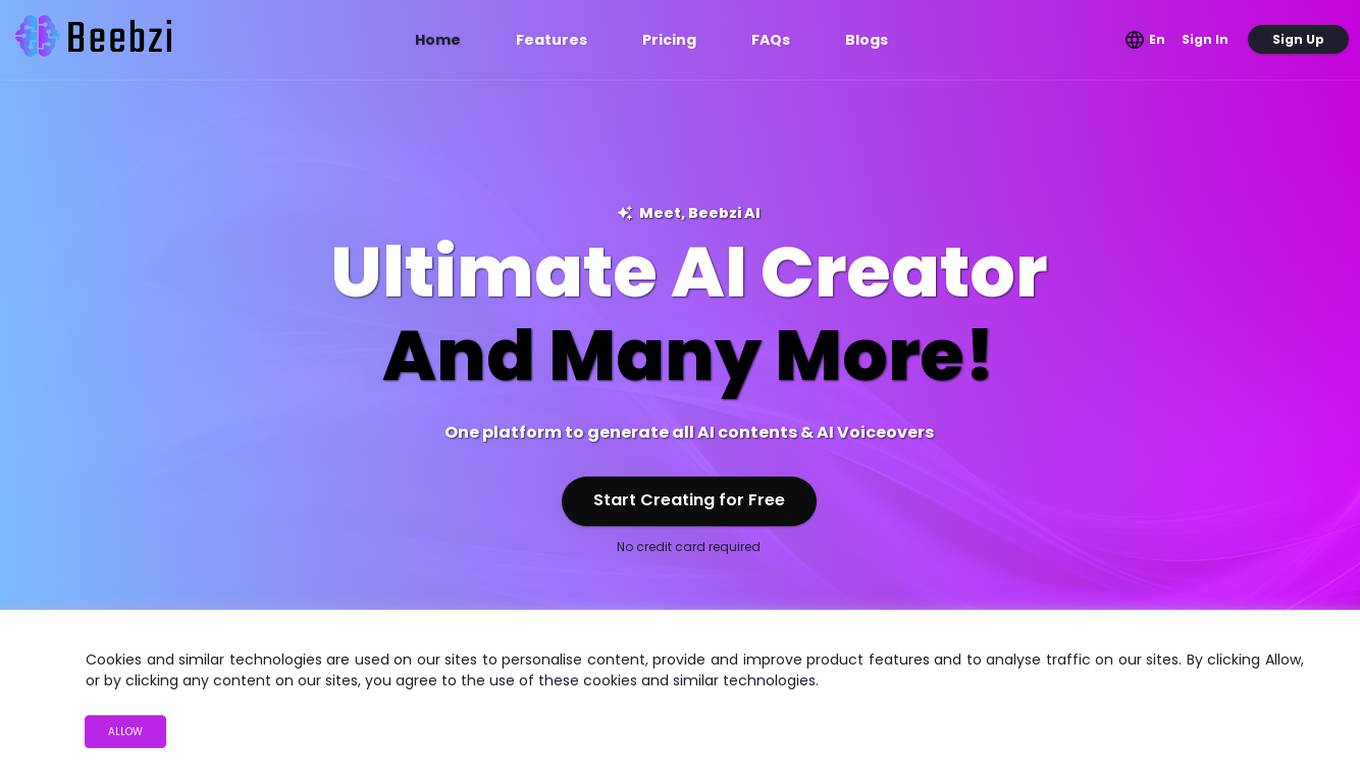
Beebzi.AI
Beebzi.AI is an all-in-one AI content creation platform that offers a wide array of tools for generating various types of content such as articles, blogs, emails, images, voiceovers, and more. The platform utilizes advanced AI technology and behavioral science to empower businesses and individuals in their marketing and sales endeavors. With features like AI Article Wizard, AI Room Designer, AI Landing Page Generator, and AI Code Generation, Beebzi.AI revolutionizes content creation by providing customizable templates, multiple language support, and real-time data insights. The platform also offers various subscription plans tailored for individual entrepreneurs, teams, and businesses, with flexible pricing models based on word count allocations. Beebzi.AI aims to streamline content creation processes, enhance productivity, and drive organic traffic through SEO-optimized content.
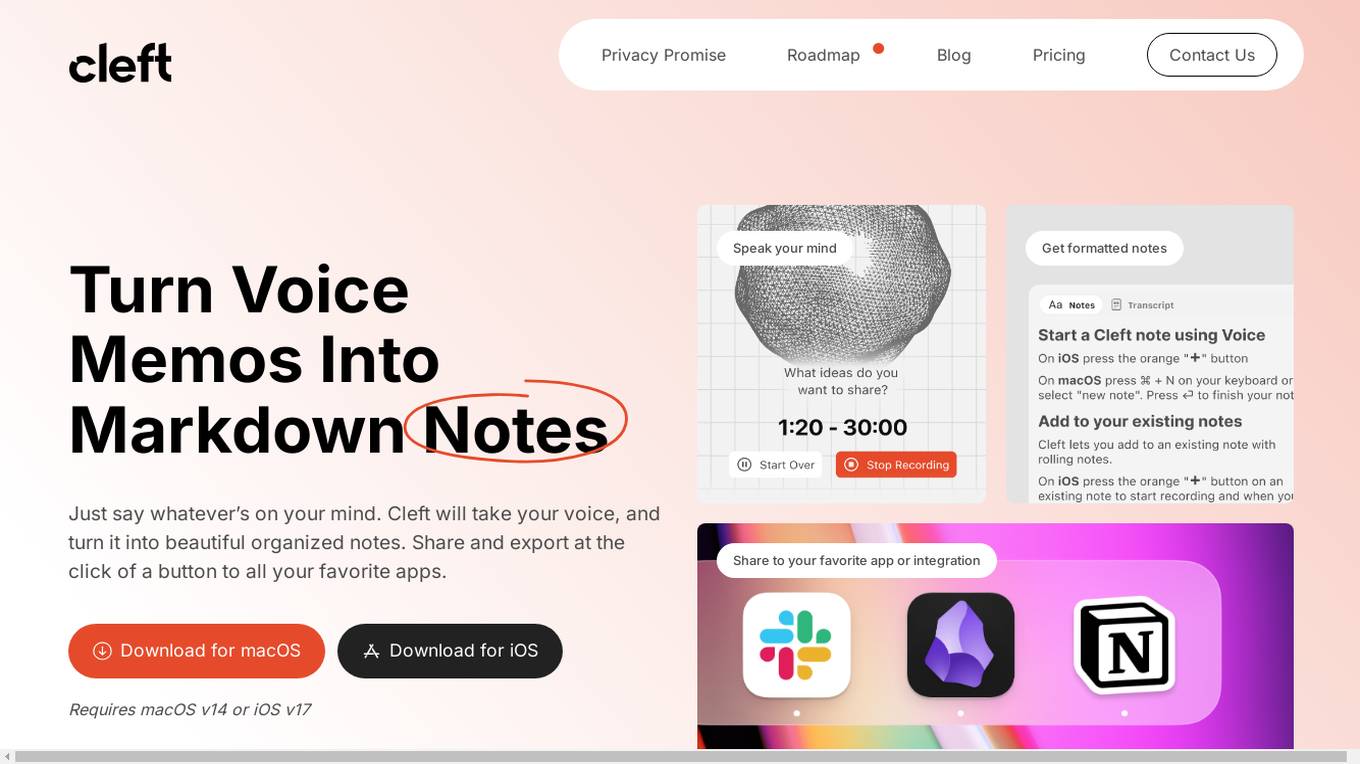
Cleft Notes
Cleft is an AI-powered note-taking application that allows users to capture and share notes effortlessly. With Cleft's AI Scribe feature, users can easily convert voice memos into beautifully organized notes. The application offers privacy-first design, on-device transcription, and seamless integration with various apps. Users can edit notes, attach files, create shareable links, and export notes to their favorite applications. Cleft is loved by thousands of customers for its simplicity, efficiency, and accuracy in transcribing voice notes.
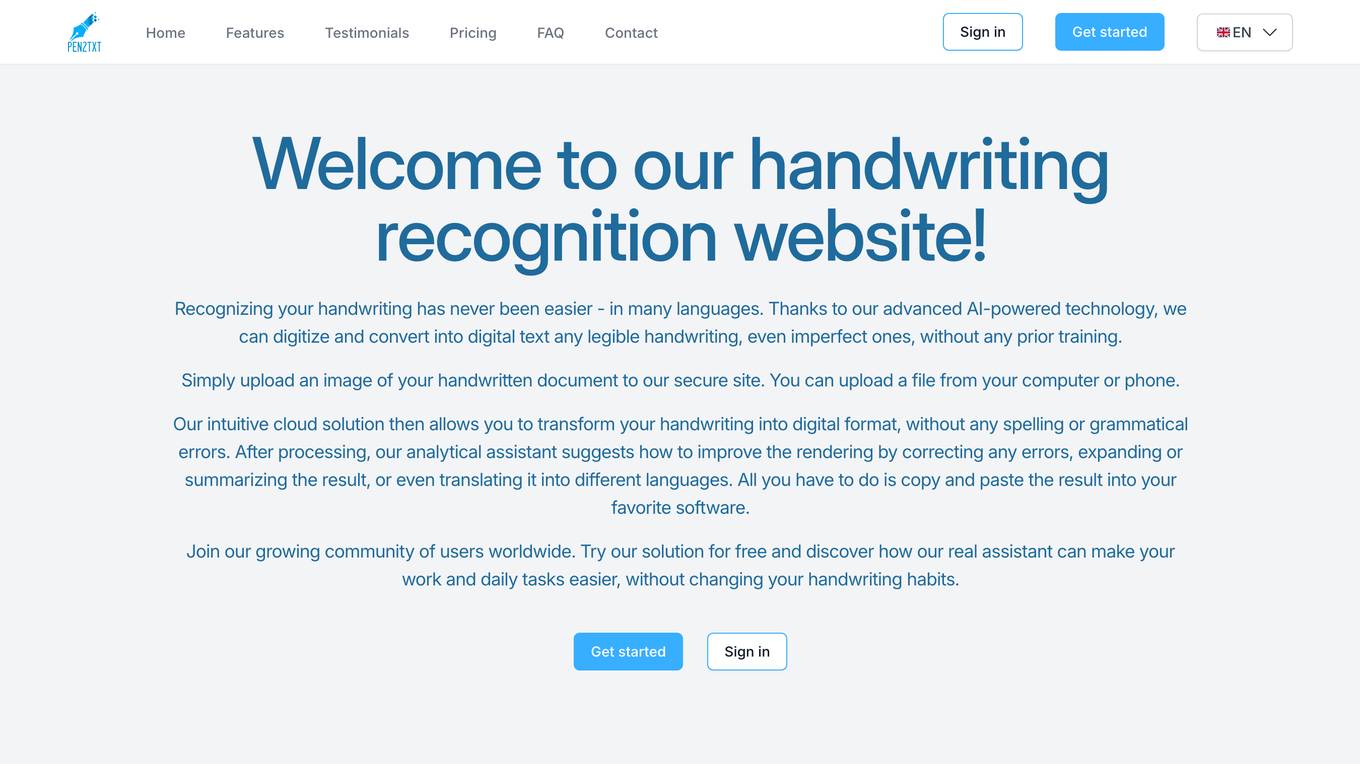
Pen2txt
Pen2txt is an AI-powered tool that converts handwritten notes and sketches into digital text and images. It uses advanced image recognition and natural language processing to accurately transcribe handwriting, making it easy to digitize and share your notes. Pen2txt is designed to be user-friendly and accessible, with a simple interface and a variety of features to help you get the most out of your notes.
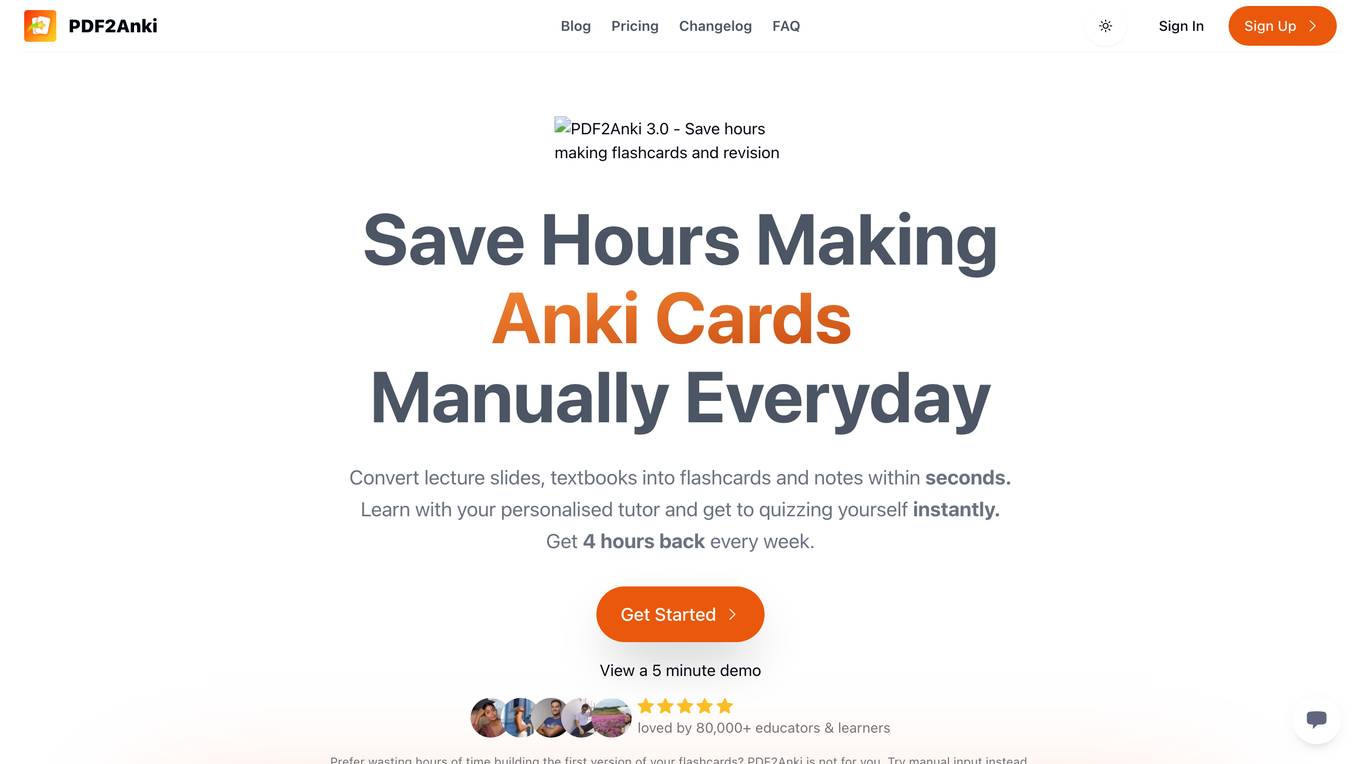
Memo
Memo is an AI-powered tool designed to transform course materials into instant notes, flashcards, and quizzes in seconds. It automates flashcard creation, offers personalized learning experiences, and saves valuable study time. Trusted by educators and learners worldwide, Memo covers 24 diverse disciplines and supports over 100 languages. The tool is built by medical students to streamline the study process, enhance learning experiences, and improve study efficiency.
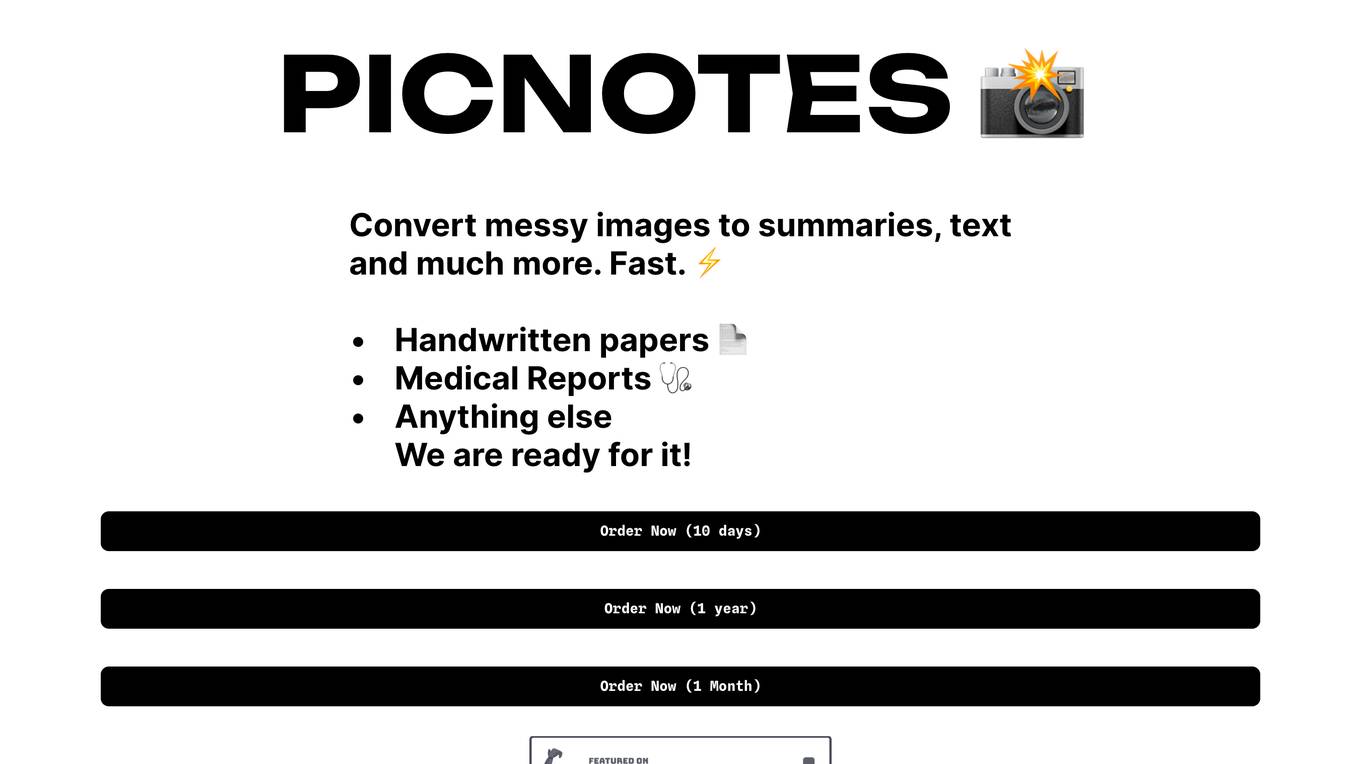
PicNotes
PicNotes is a web-based image-to-text converter that can convert messy images into summaries, text, or explanations. It supports handwritten papers, medical reports, and other types of images. The tool is easy to use: simply upload an image and choose the desired output format. PicNotes will then process the image and return the results within seconds.
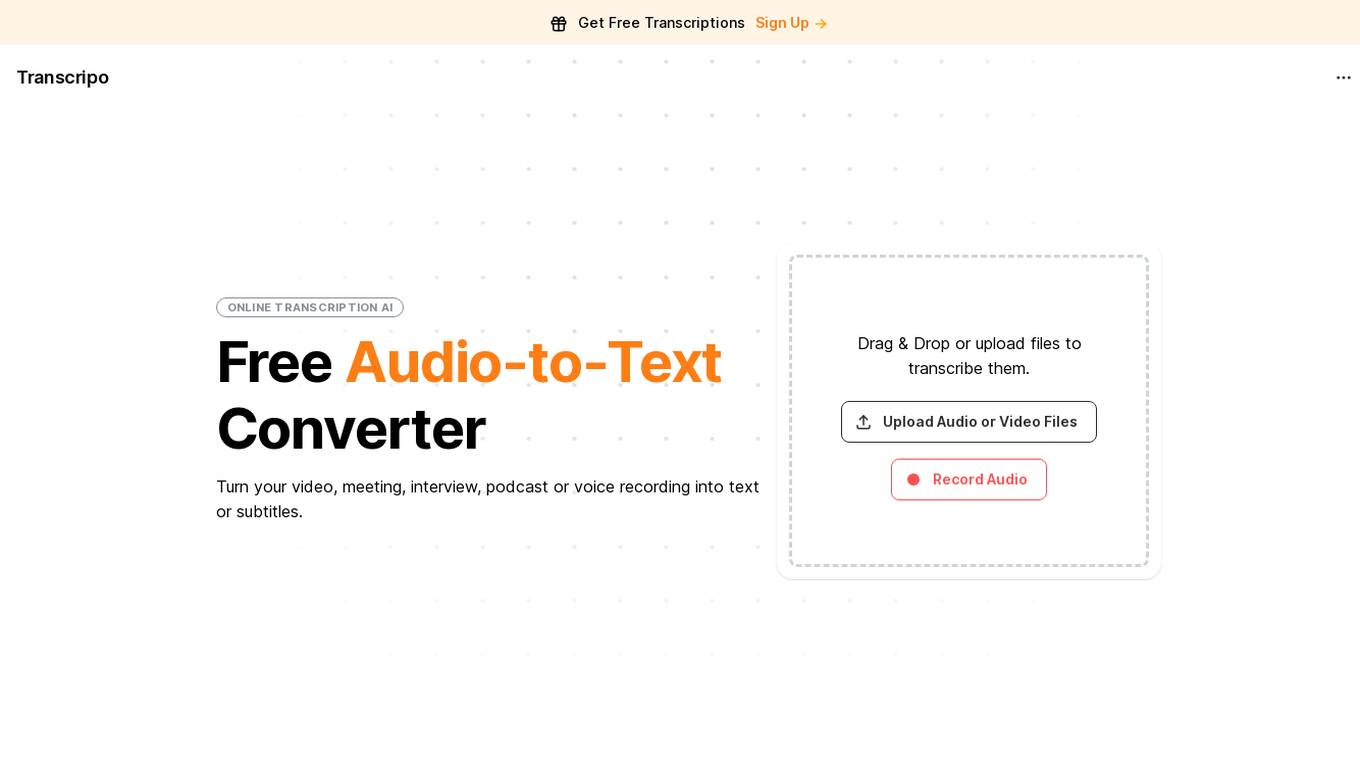
Transcripo
Transcripo is a free online transcription AI tool that converts audio and video files into text or subtitles. It offers a user-friendly interface for users to easily transcribe their content in over 100 languages. With features like drag & drop file upload, quick transcription turnaround, and AI summaries, Transcripo simplifies the transcription process for various purposes such as creating subtitles for videos, summarizing interviews, and more. The tool also provides affordable pricing plans with a free trial option, making it accessible to individuals and businesses alike.
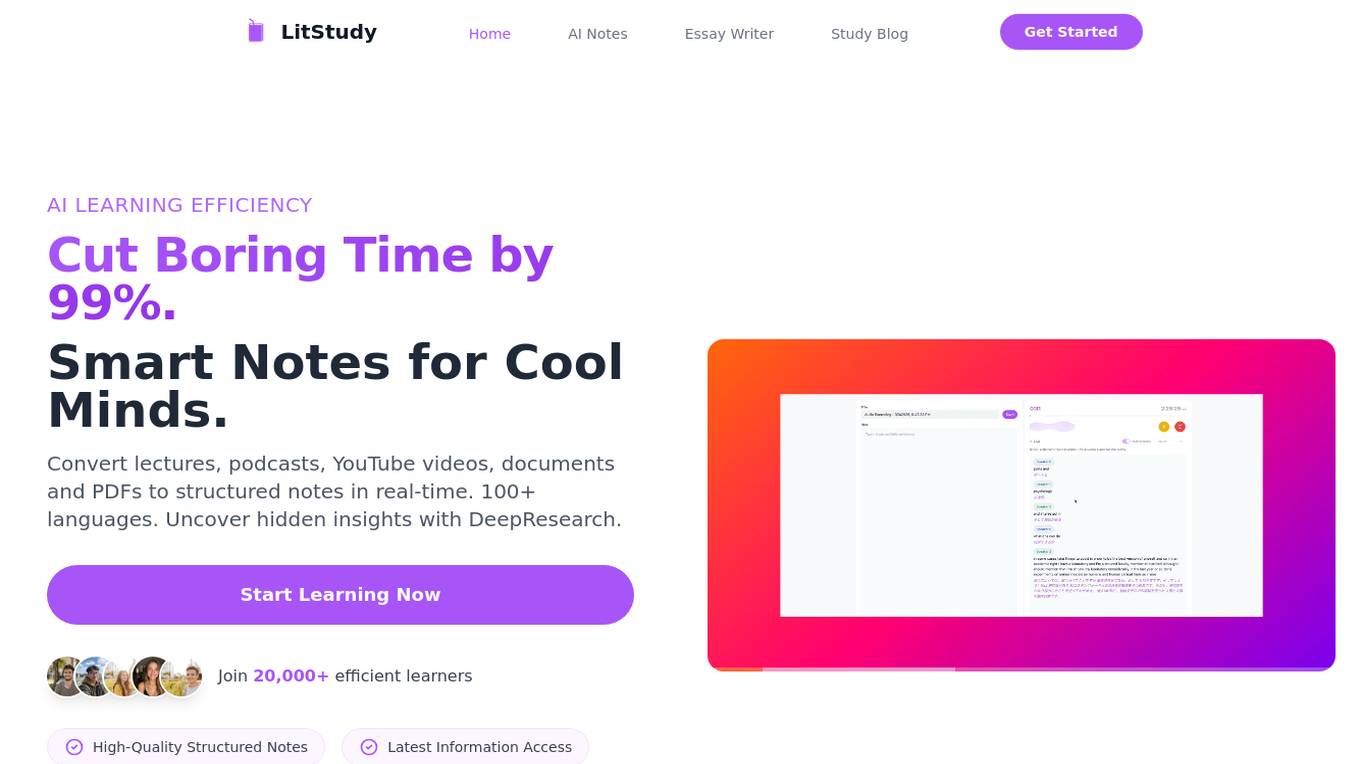
LitStudy
LitStudy is an AI study assistant designed to enhance learning efficiency for students. It offers features such as real-time audio note generation, converting various content types into structured notes, personalized quiz and flashcard generation, report writing, media upload support, web link processing, language translation, and more. LitStudy aims to help busy individuals learn effectively by providing AI-structured notes in minutes, saving time and optimizing learning between commitments.
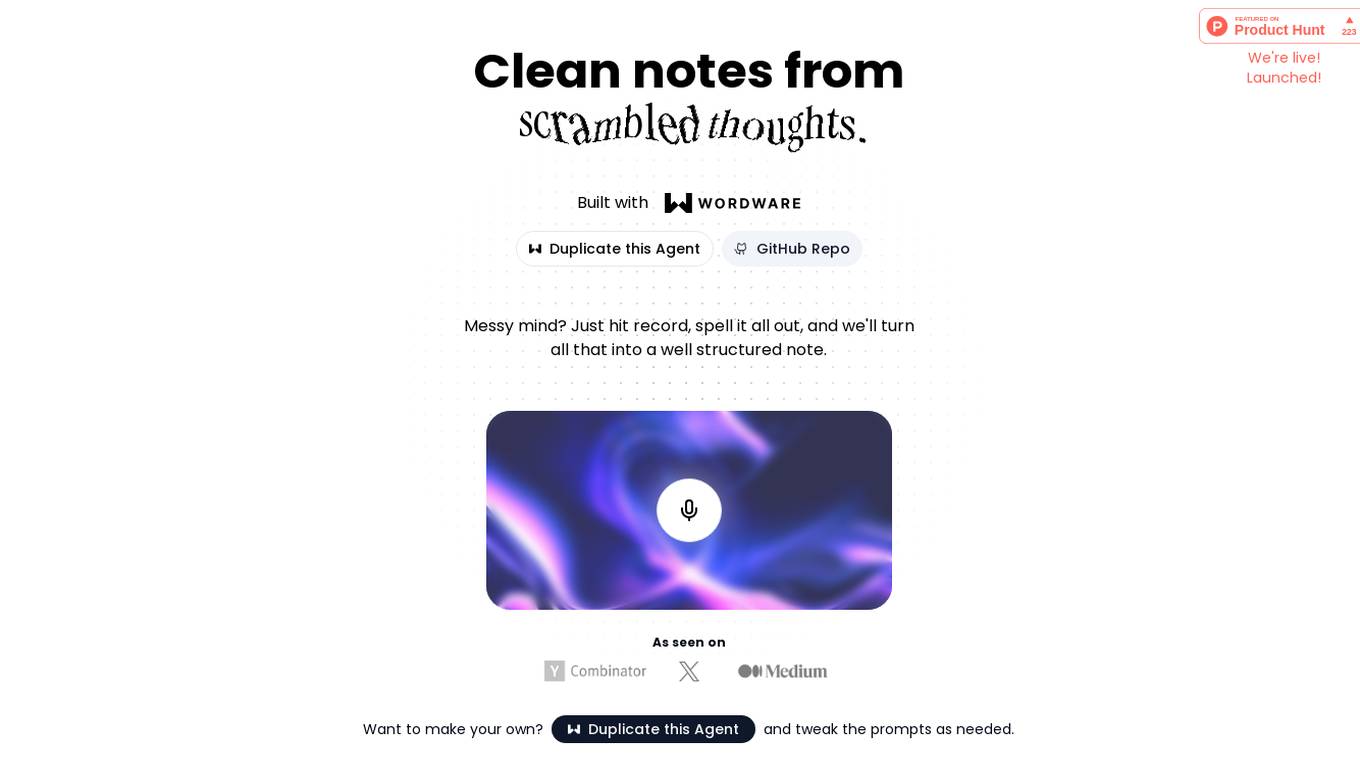
Audioscribe
Audioscribe is an AI-powered Record-to-Text tool developed by Wordware. It allows users to easily convert spoken words into well-structured notes. The tool is designed to help individuals clean up their thoughts by recording and transforming them into organized text. Audioscribe is part of Wordware's suite of applications that aim to streamline various tasks through AI technology, catering to both technical and non-technical users.
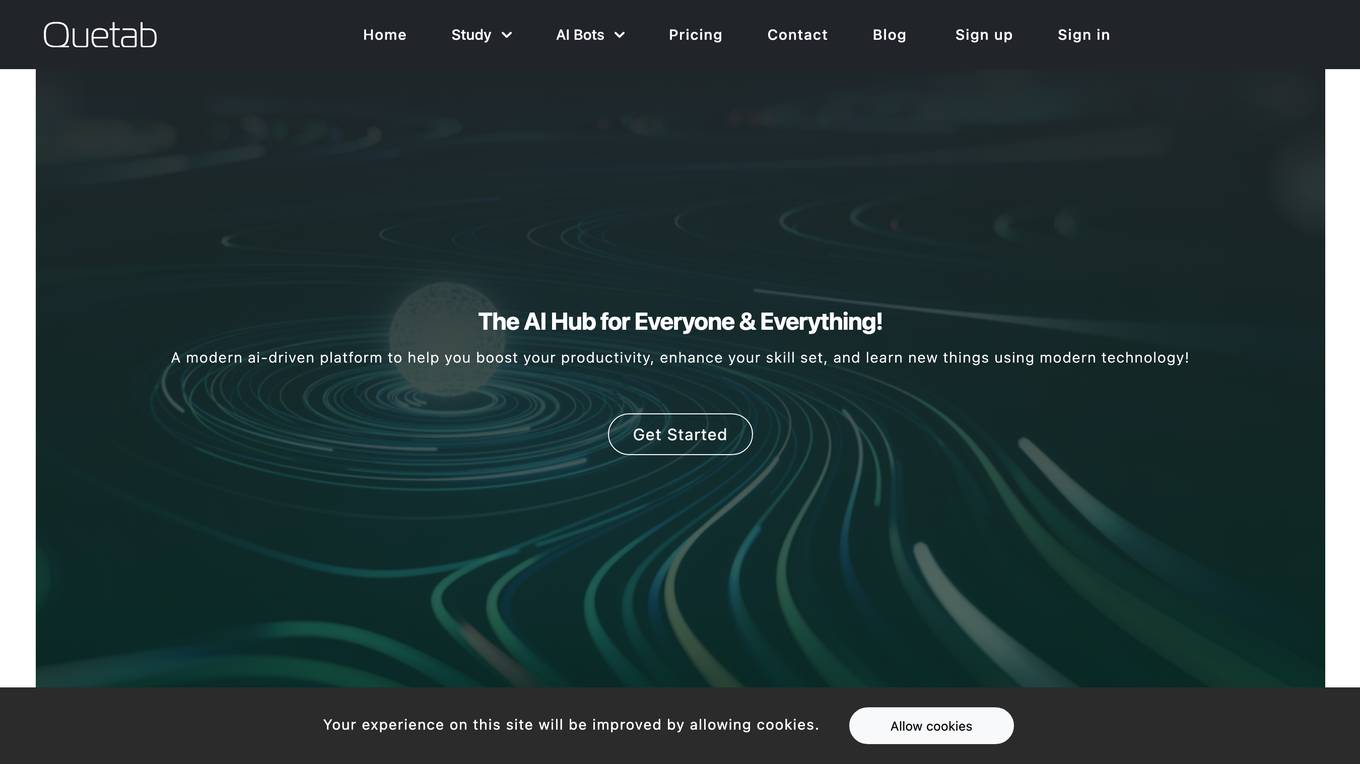
Quetab
Quetab is a modern AI-driven platform designed to boost productivity, enhance skill sets, and facilitate learning through advanced technology. Users can create flashcards, generate questions, summarize text, and more with the help of AI tools. The platform offers a range of study sets, including US Citizenship Test Questions, Medical Terms Translation, and English Vocabulary Questions. Quetab aims to revolutionize learning efficiency and content creation by leveraging AI-powered solutions.
0 - Open Source AI Tools
20 - OpenAI Gpts
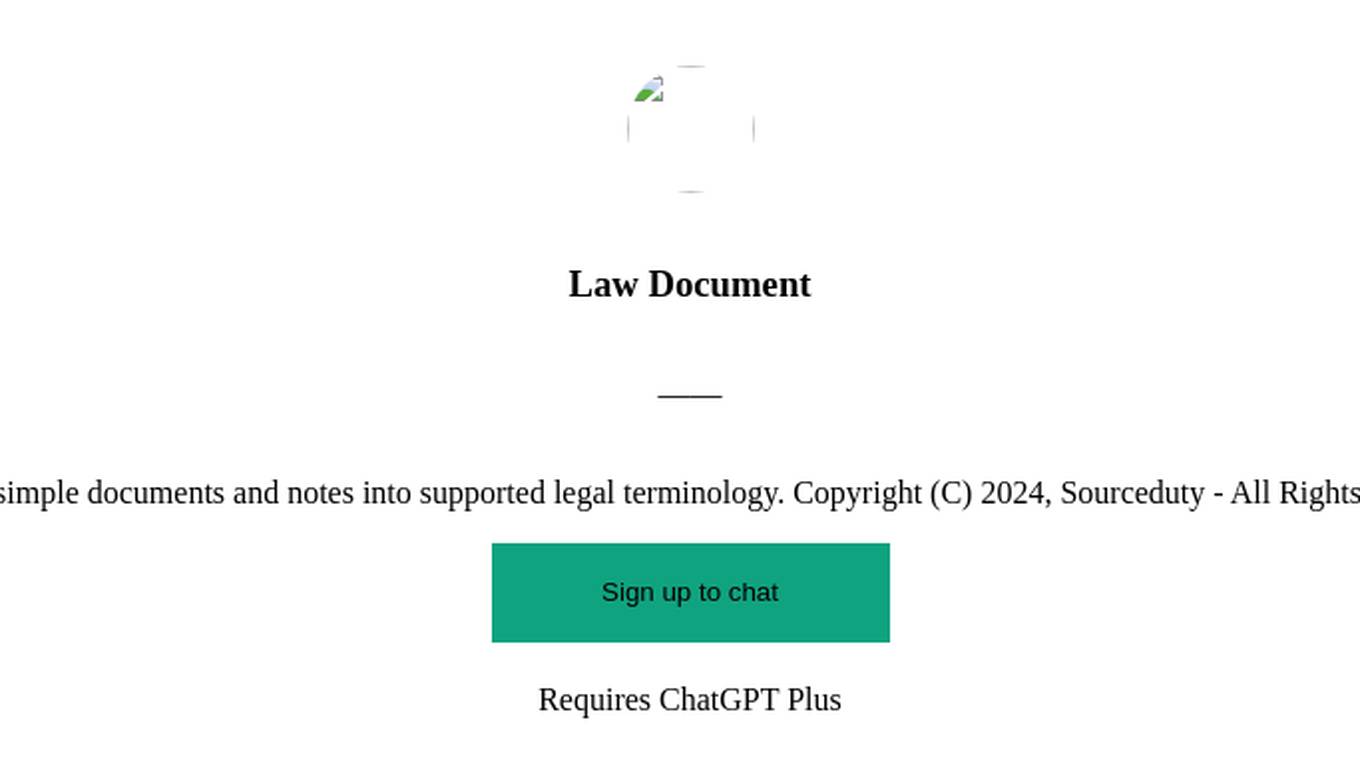
Law Document
Convert simple documents and notes into supported legal terminology. Copyright (C) 2024, Sourceduty - All Rights Reserved.
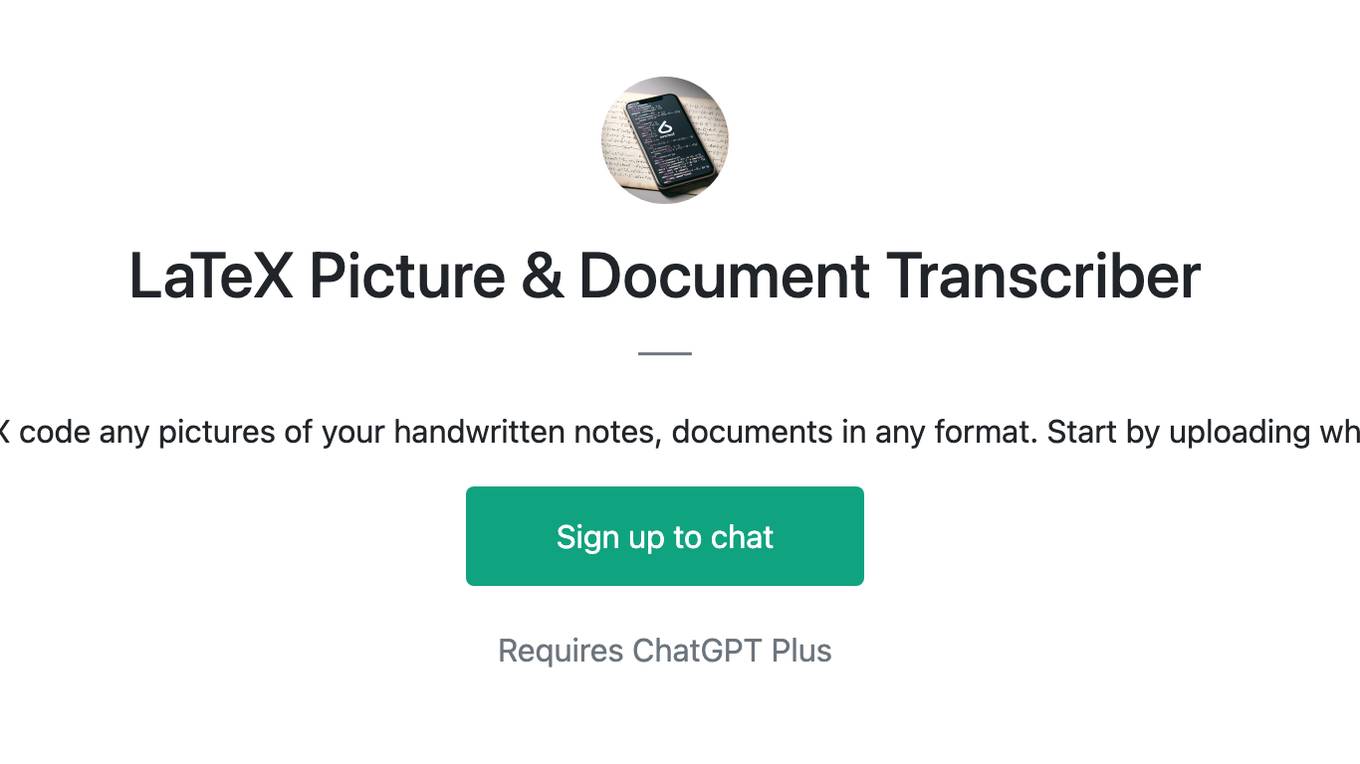
LaTeX Picture & Document Transcriber
Convert into usable LaTeX code any pictures of your handwritten notes, documents in any format. Start by uploading what you need to convert.
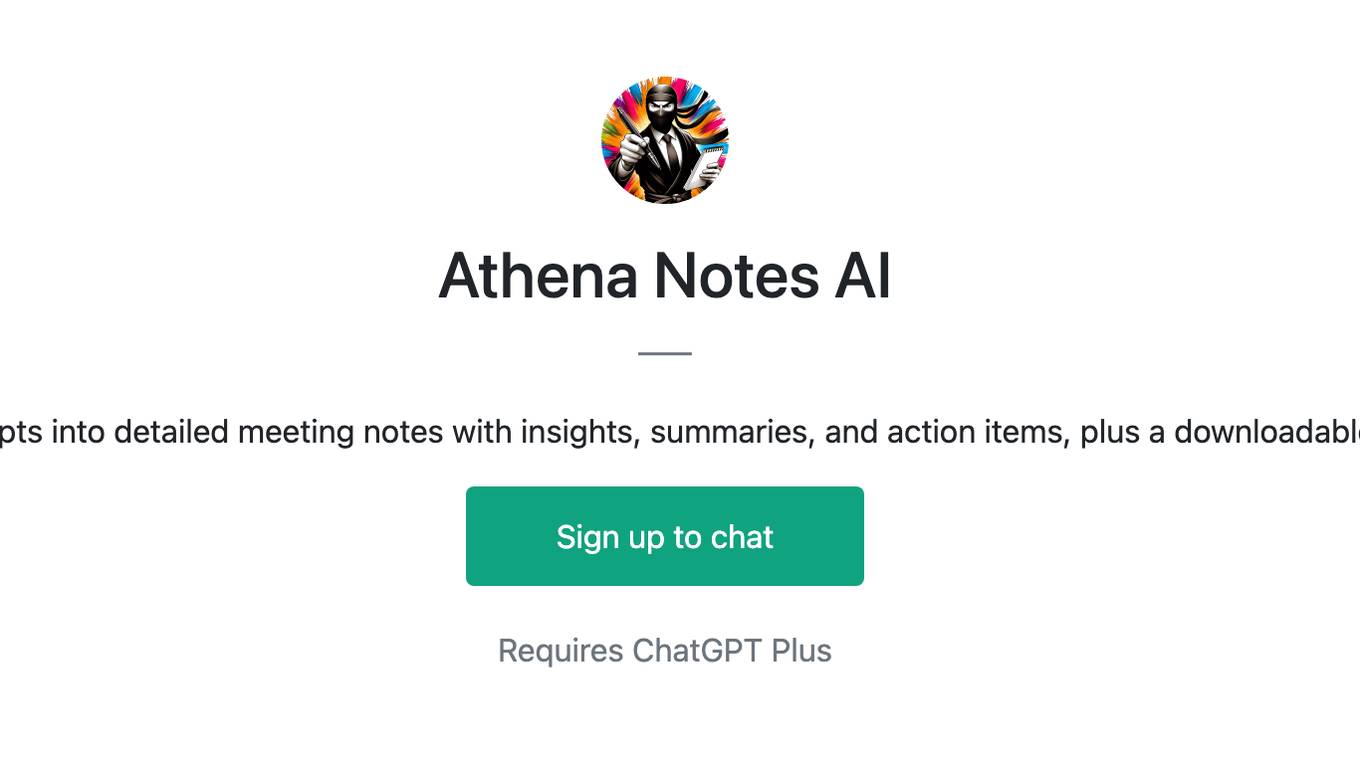
Athena Notes AI
I convert transcripts into detailed meeting notes with insights, summaries, and action items, plus a downloadable MS Word file.
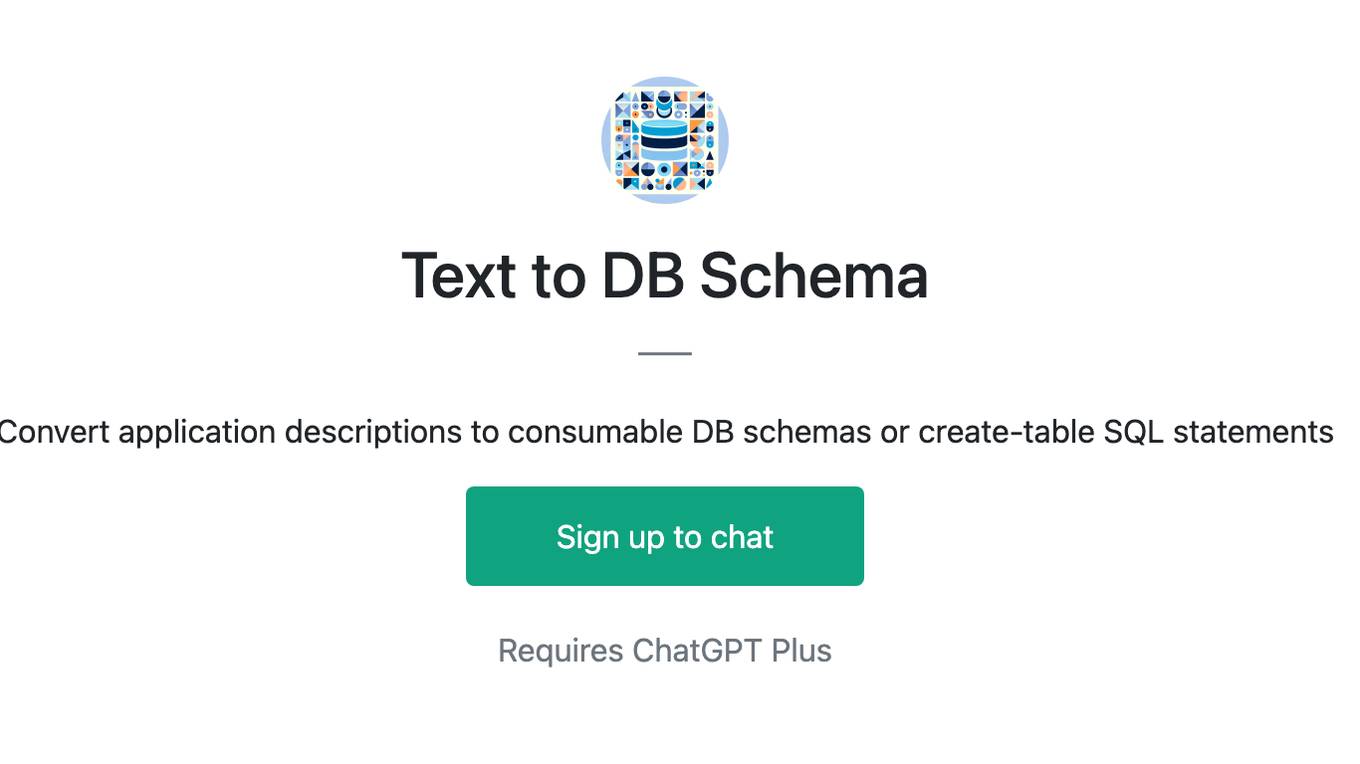
Text to DB Schema
Convert application descriptions to consumable DB schemas or create-table SQL statements
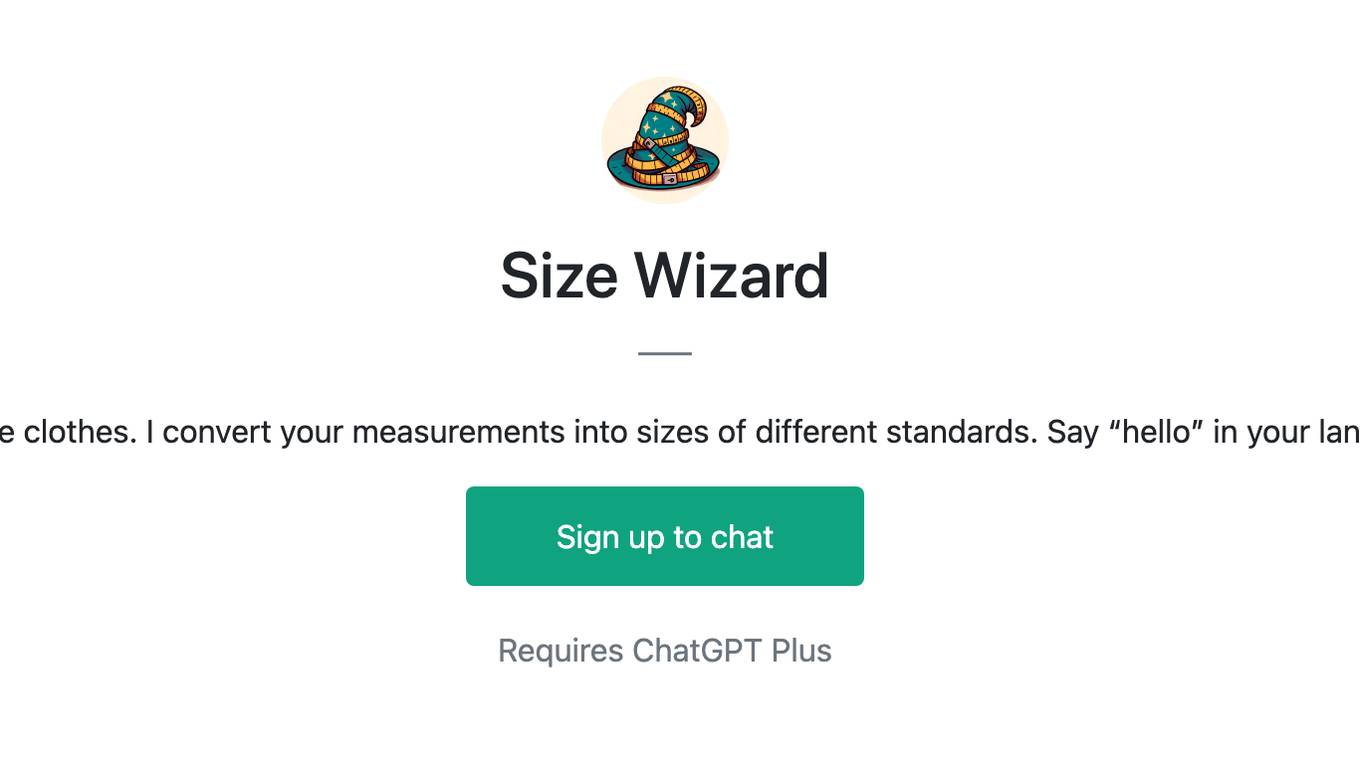
Size Wizard
Find the right size clothes. I convert your measurements into sizes of different standards. Say “hello” in your language to start.
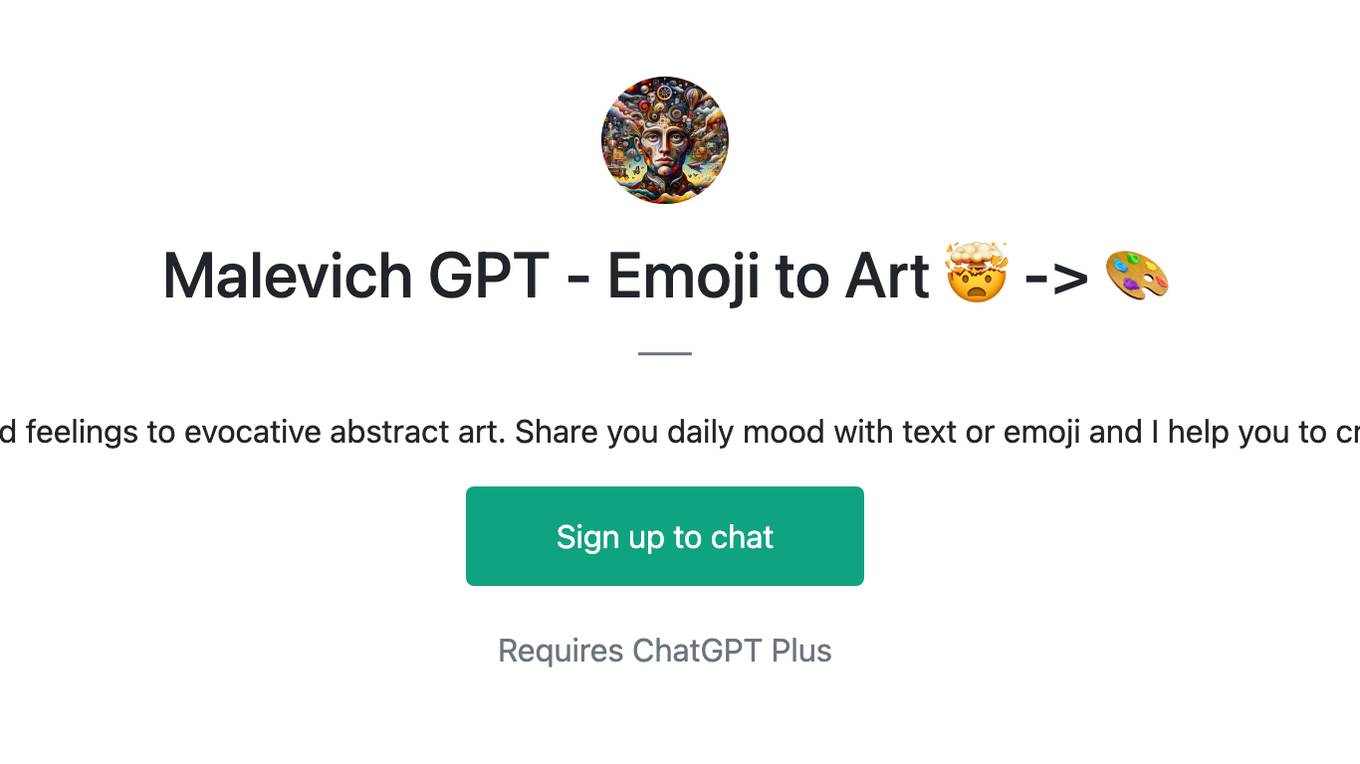
Malevich GPT - Emoji to Art 🤯 -> 🎨
Convert emotions and feelings to evocative abstract art. Share you daily mood with text or emoji and I help you to create masterpiece .
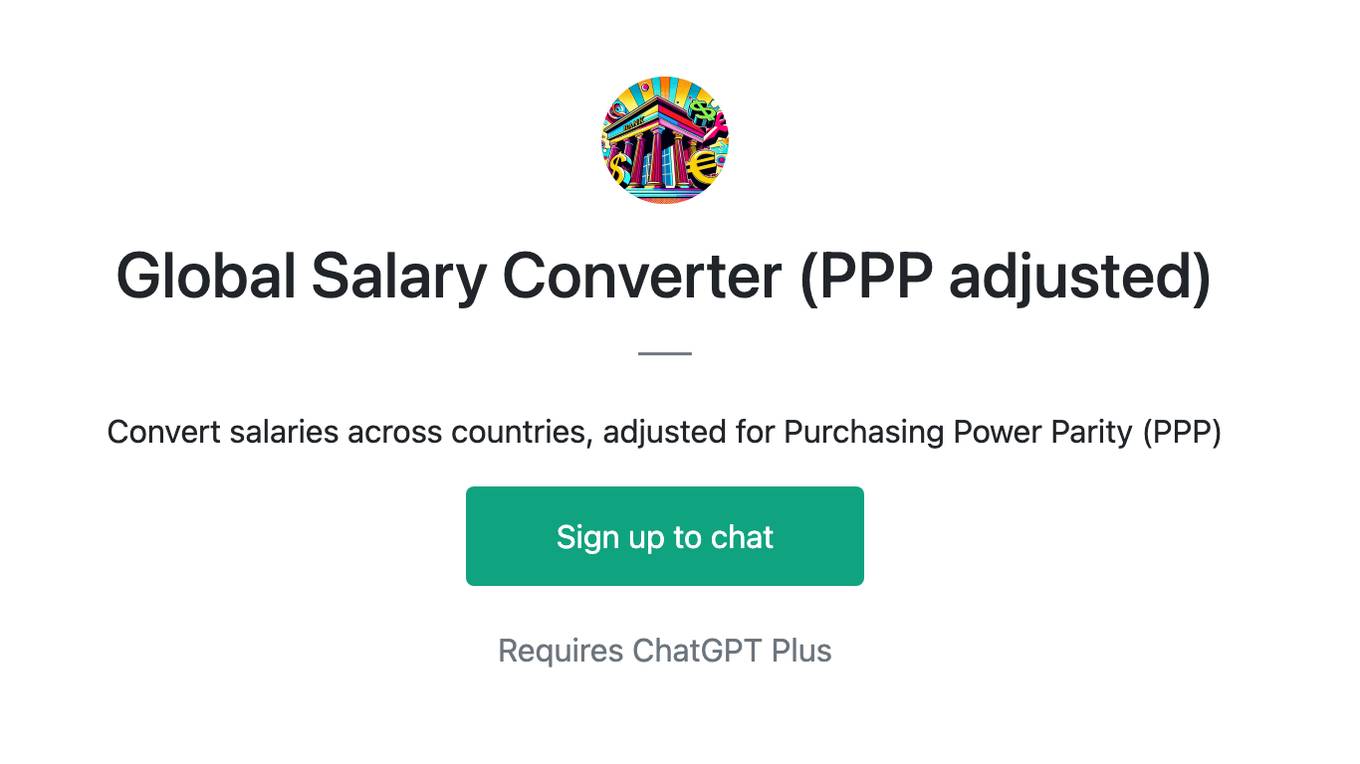
Global Salary Converter (PPP adjusted)
Convert salaries across countries, adjusted for Purchasing Power Parity (PPP)

Quotes CloudArt
I can convert your favorite quotes into a word cloud with a specified shape.
